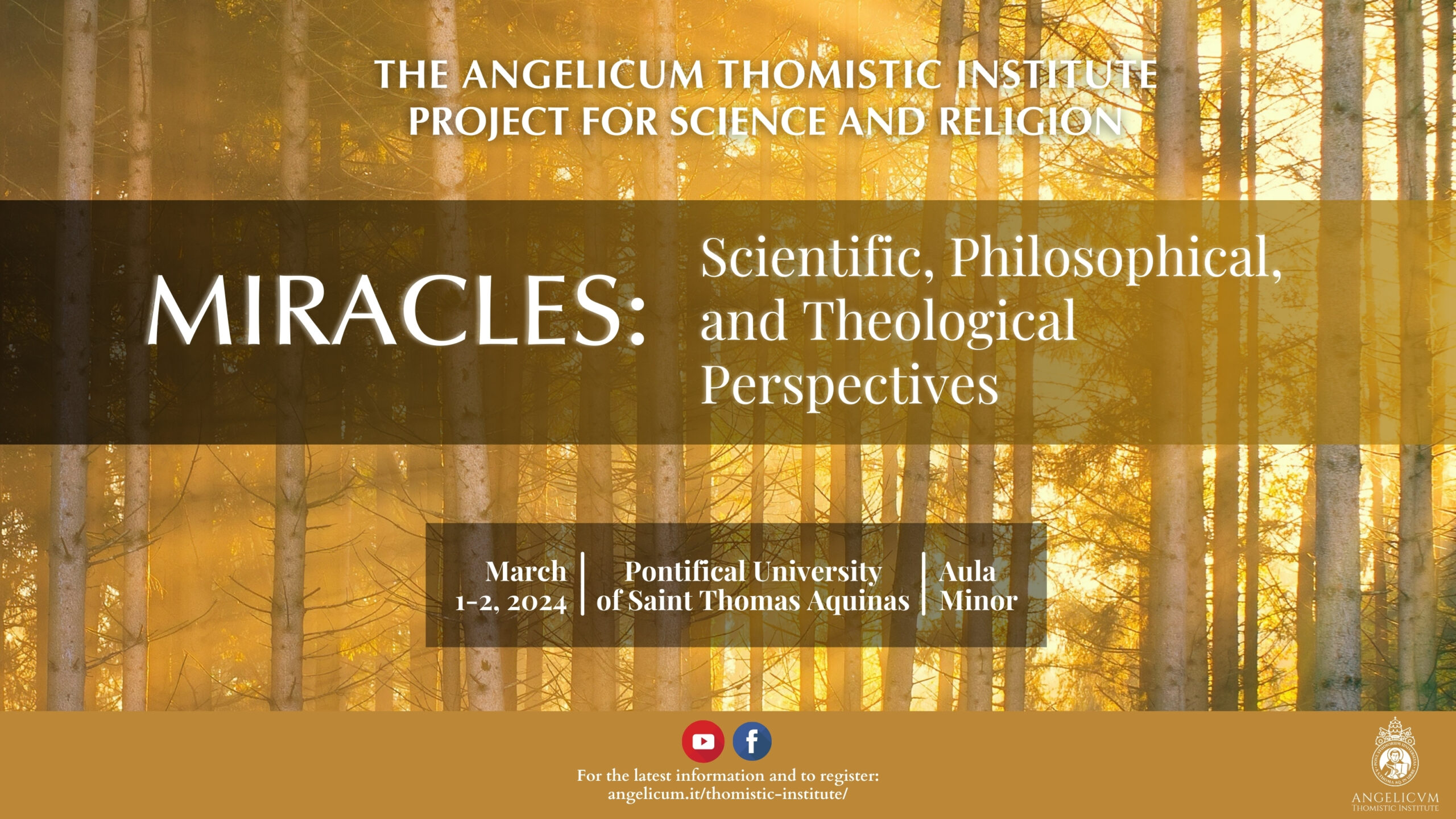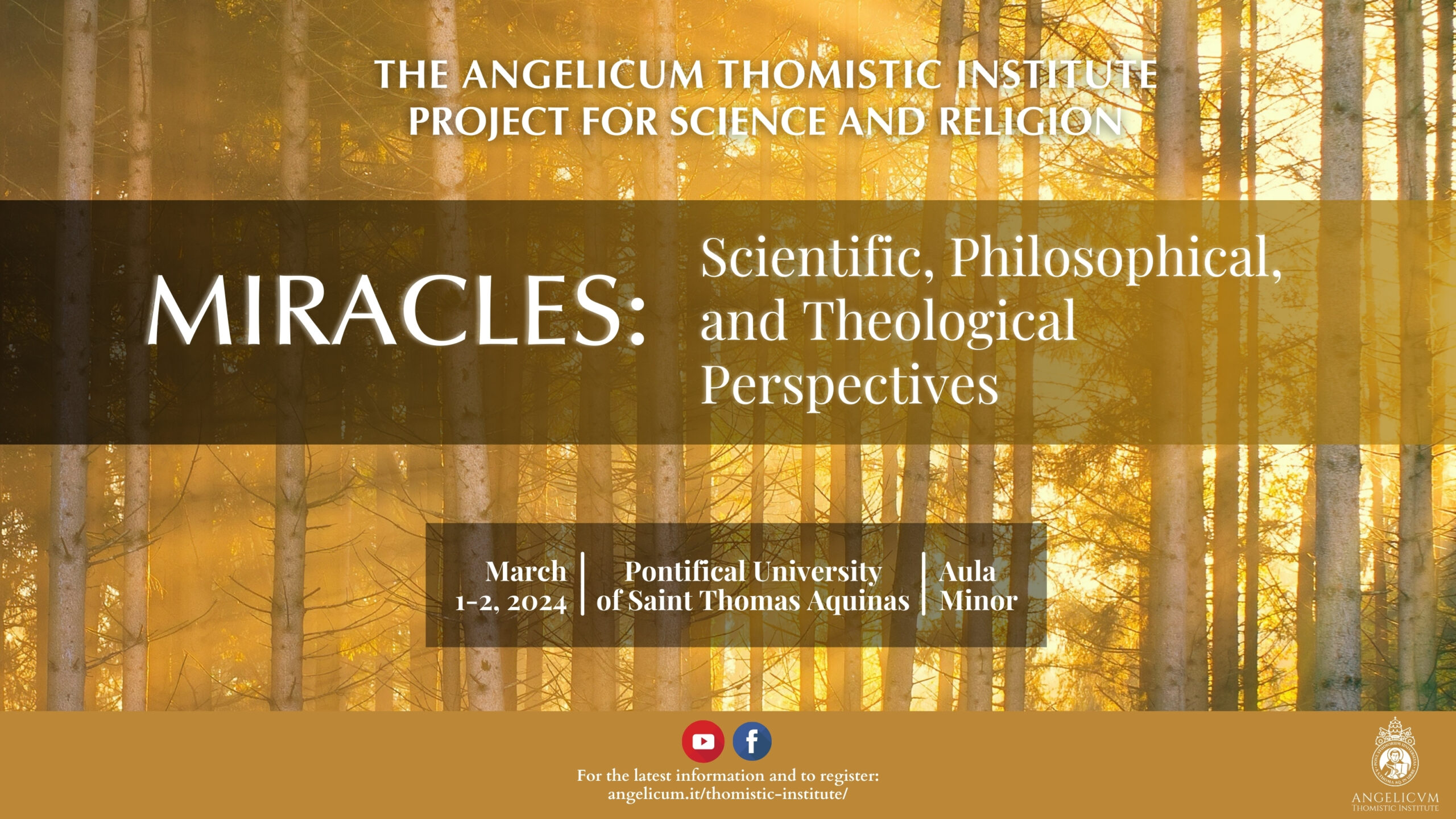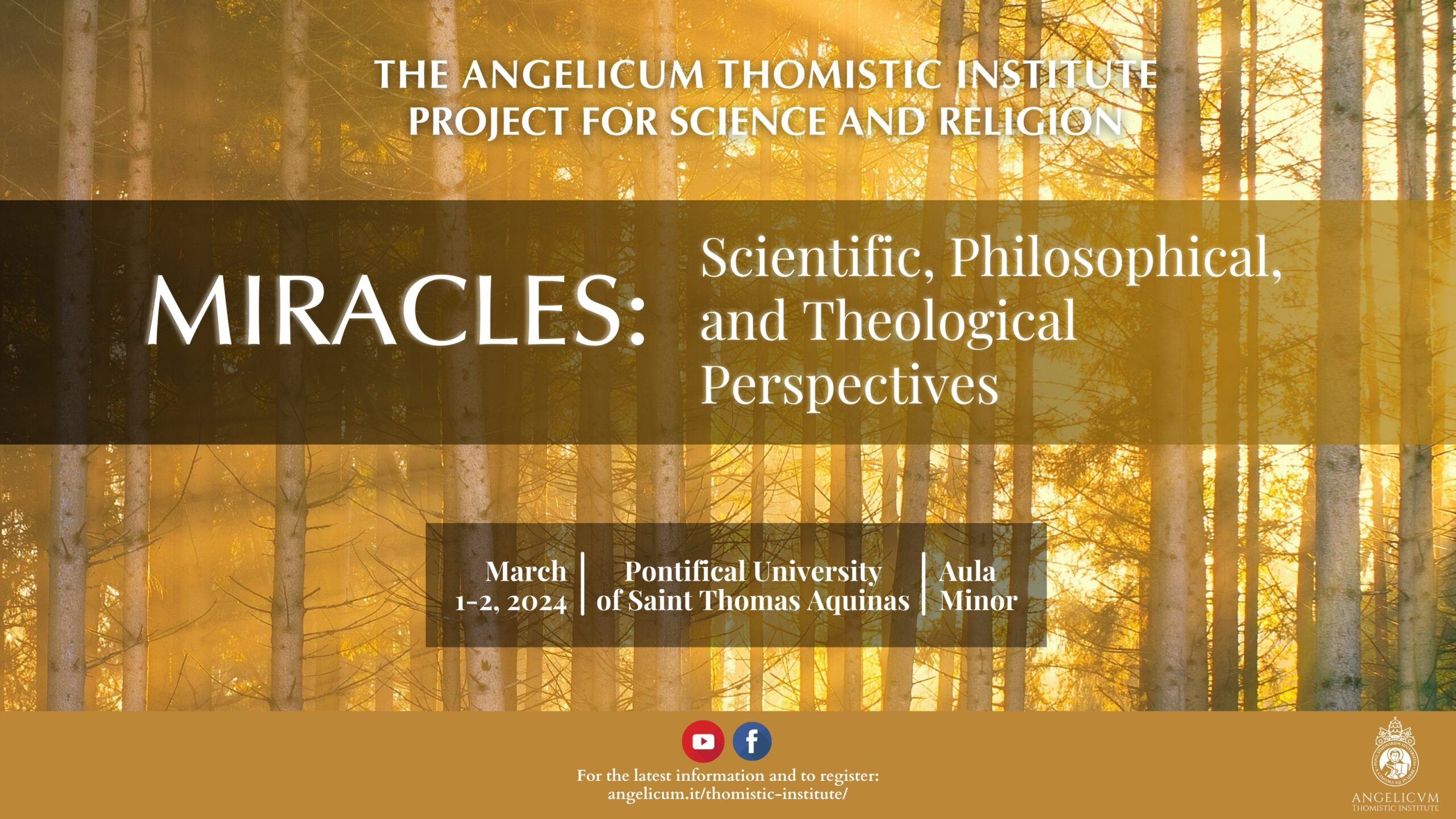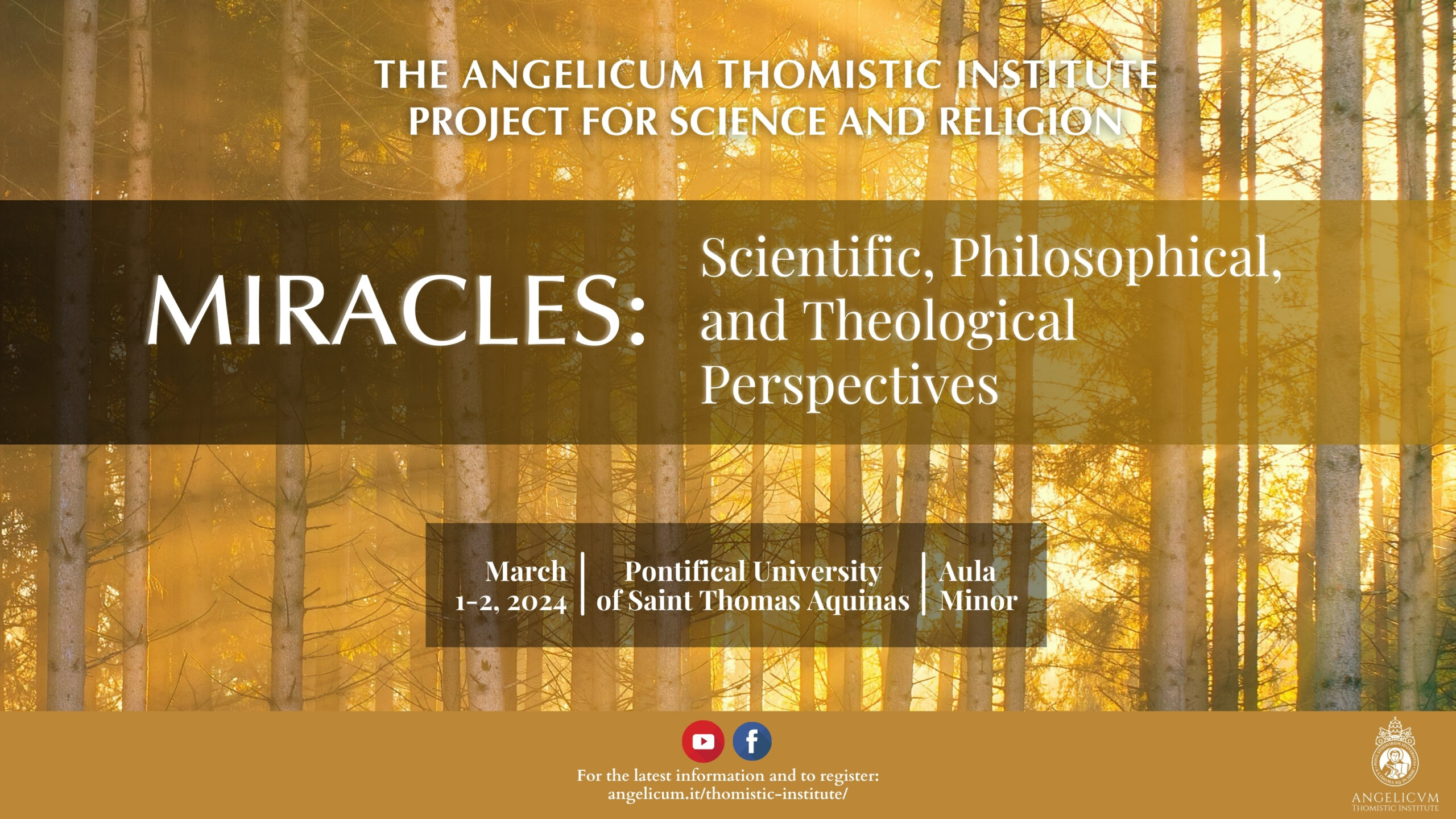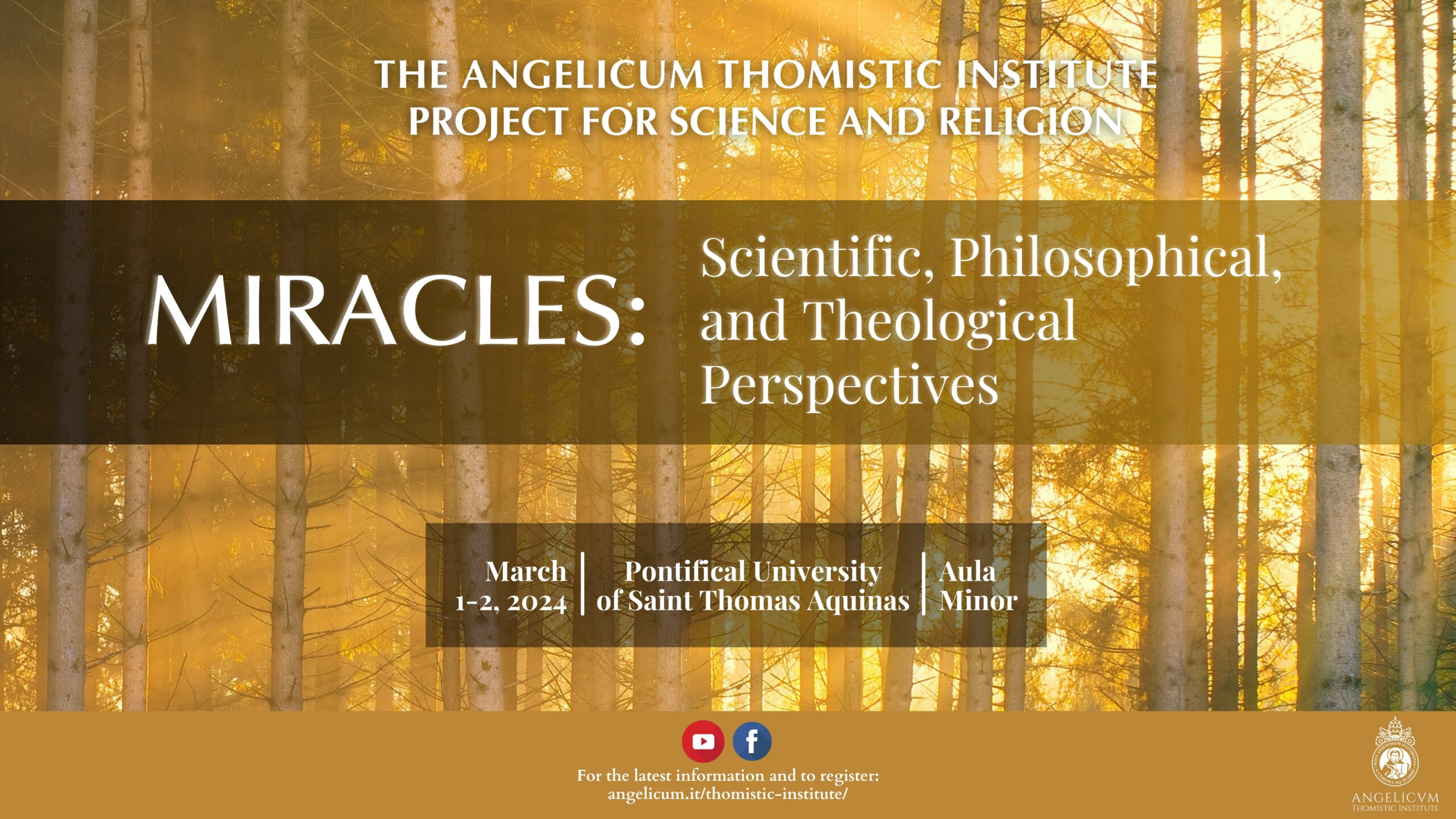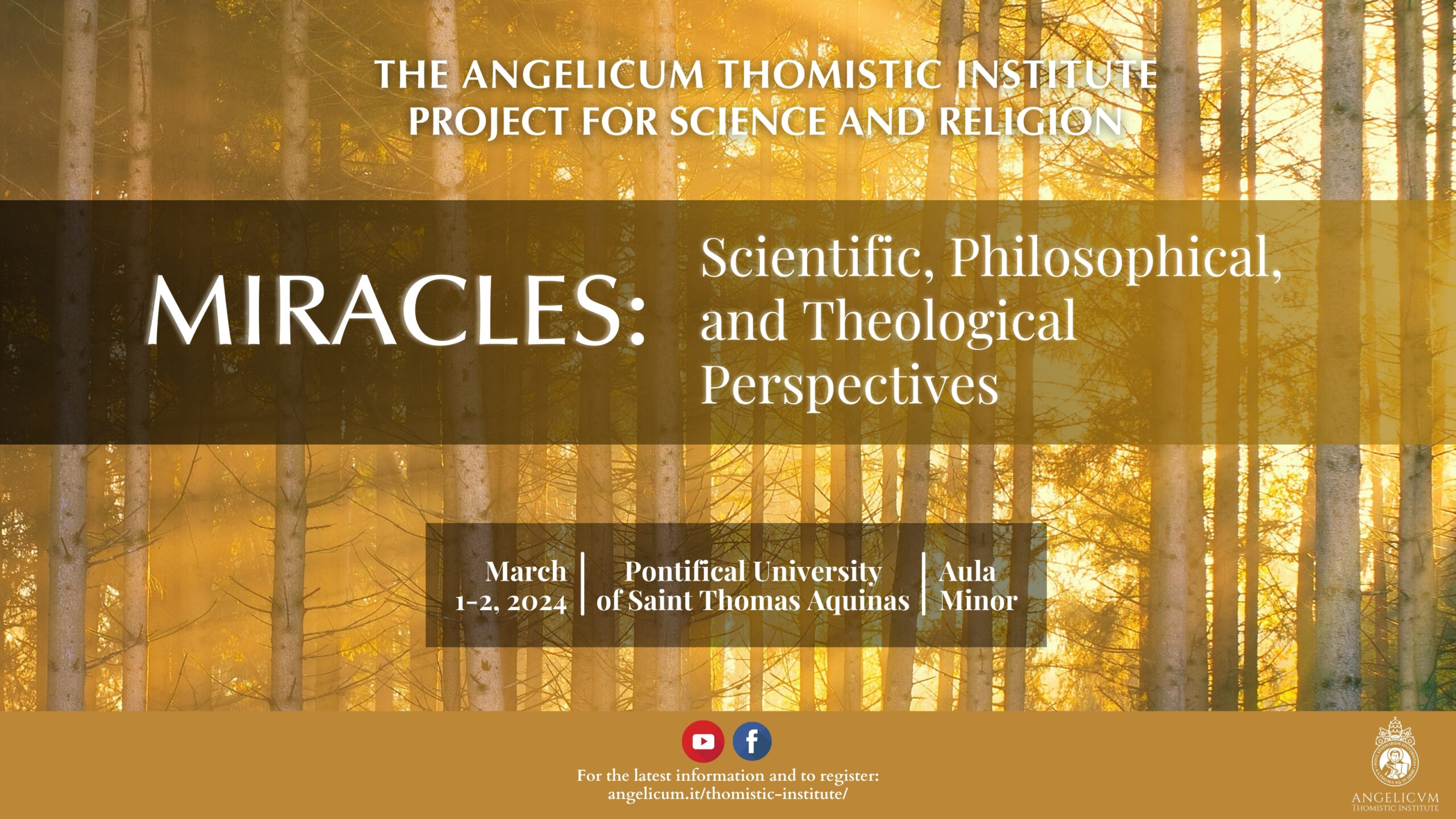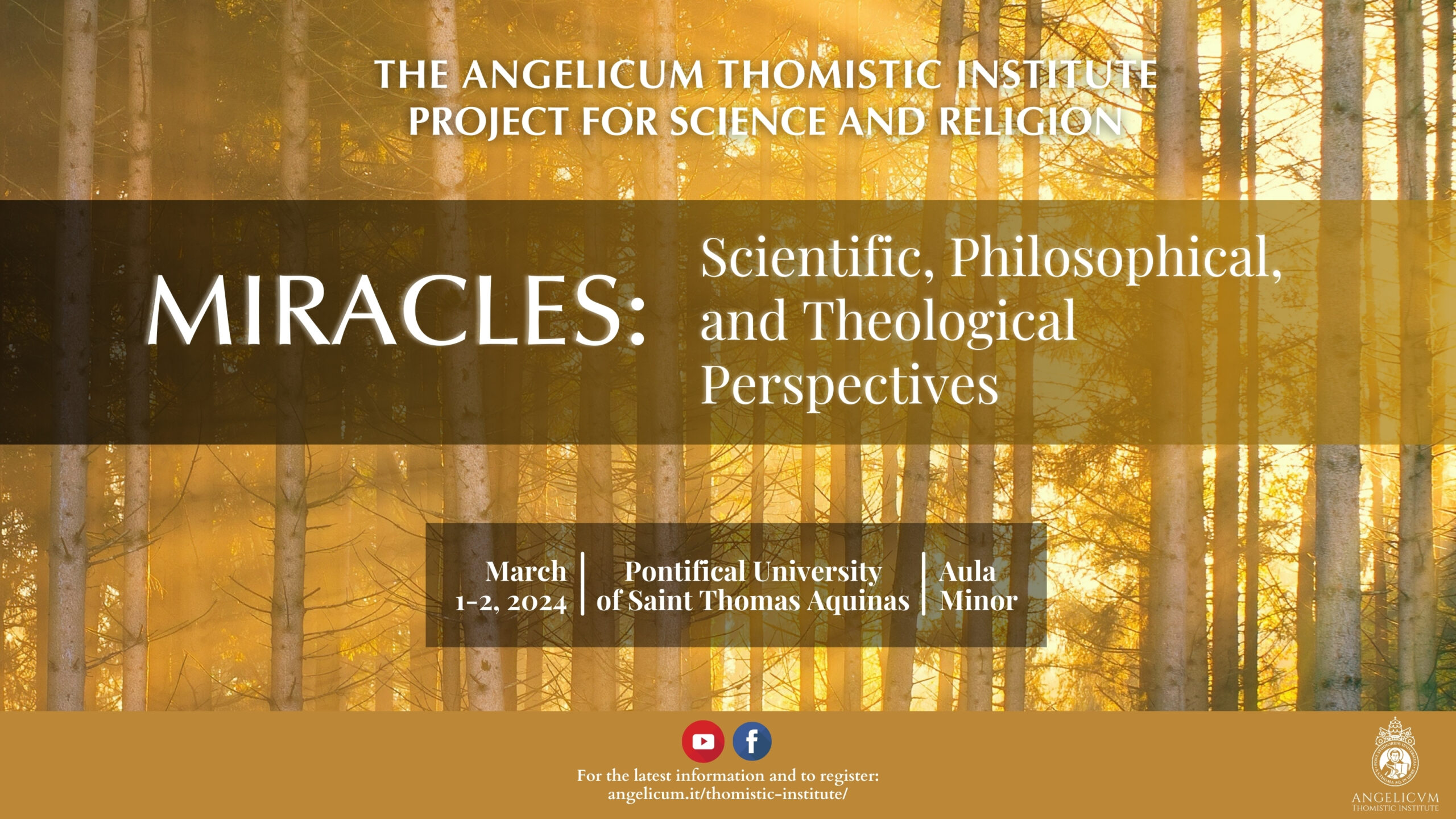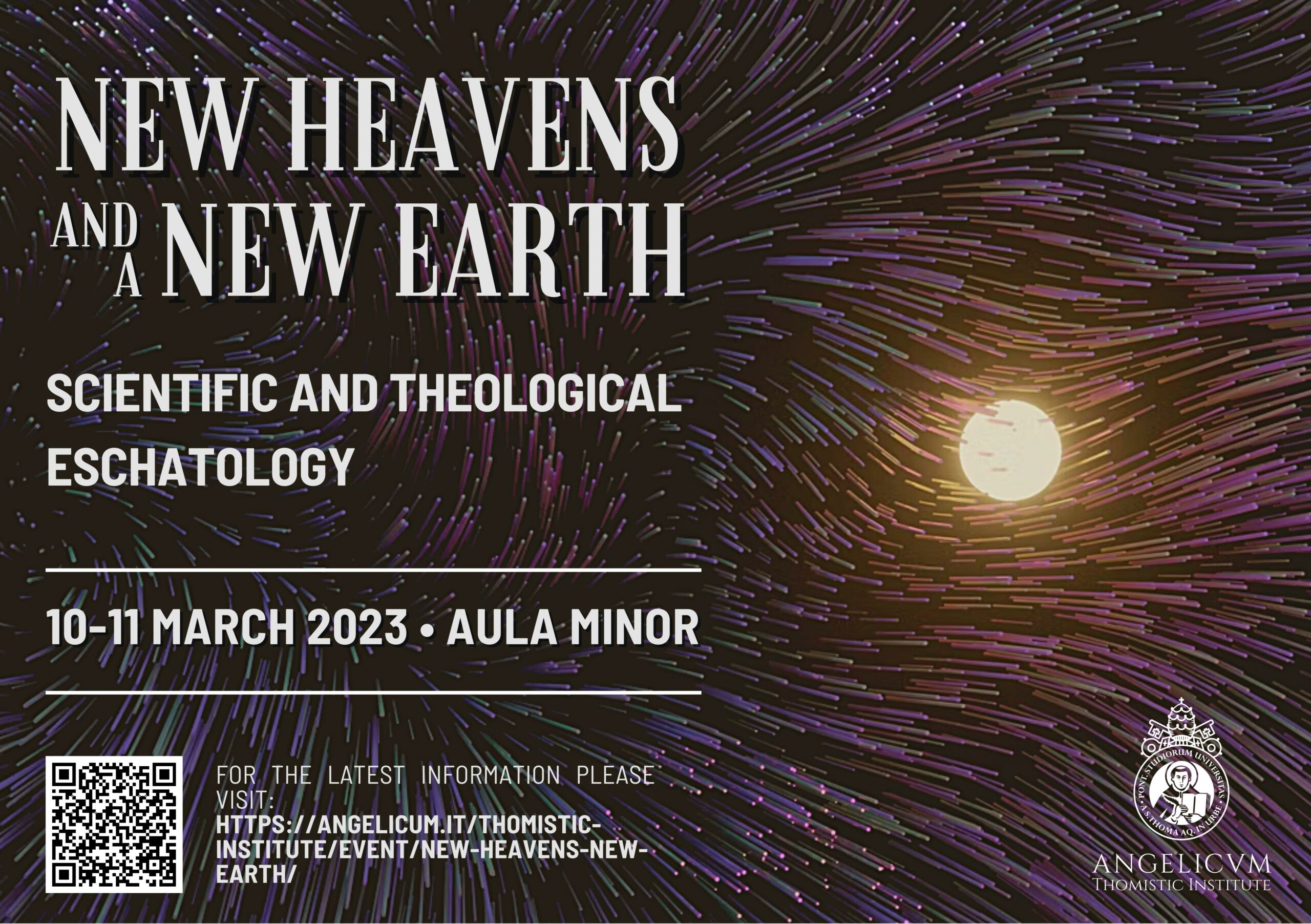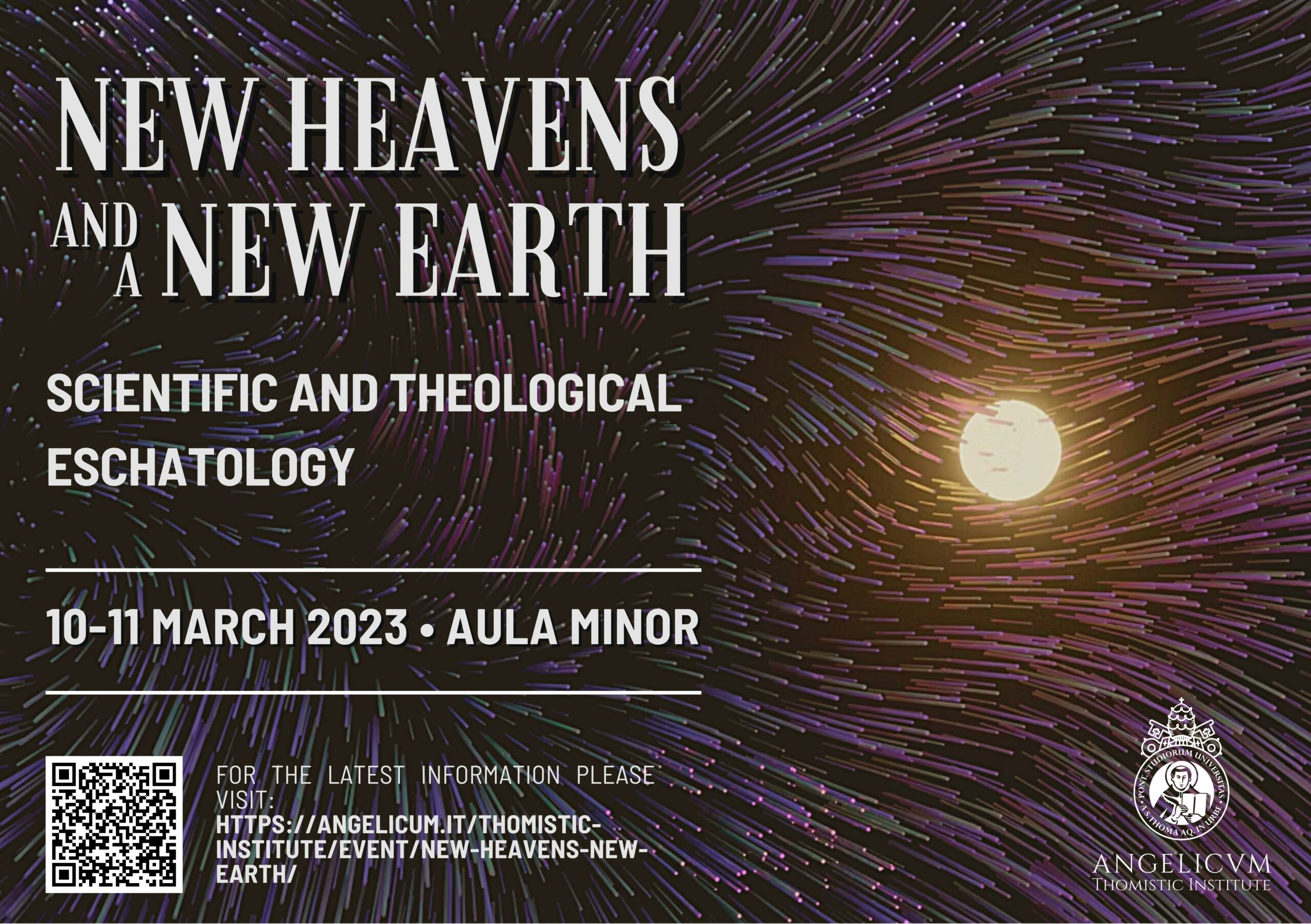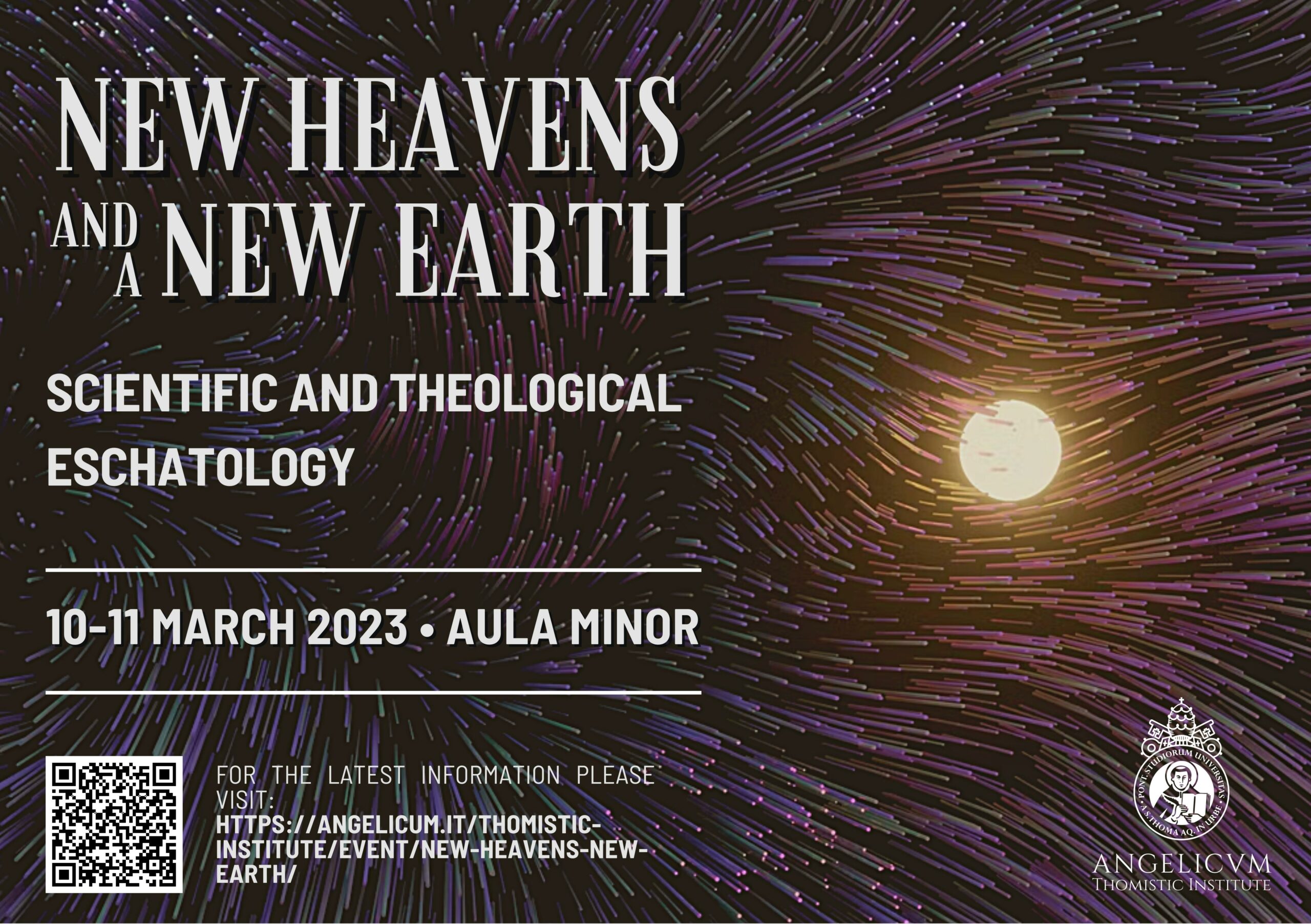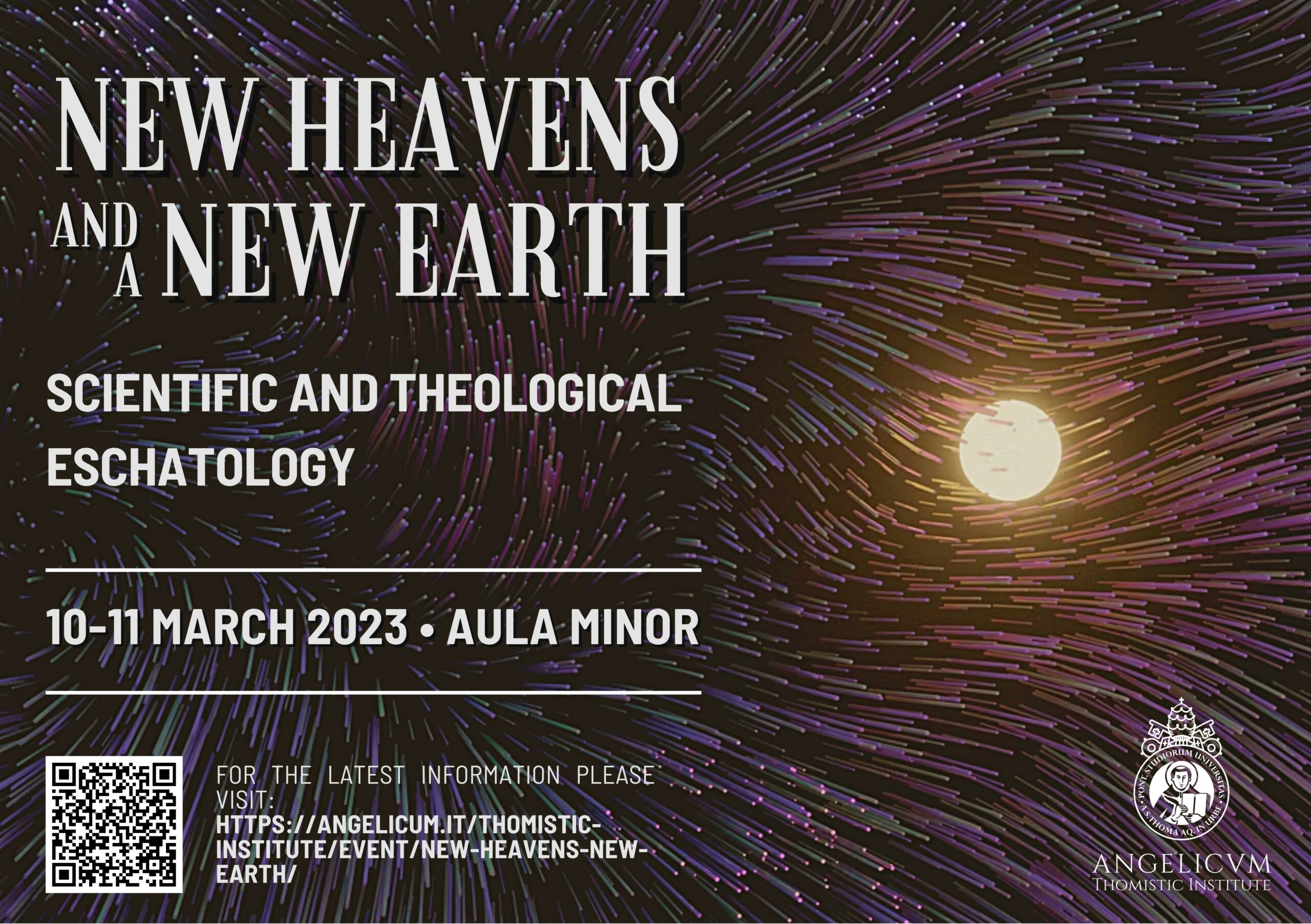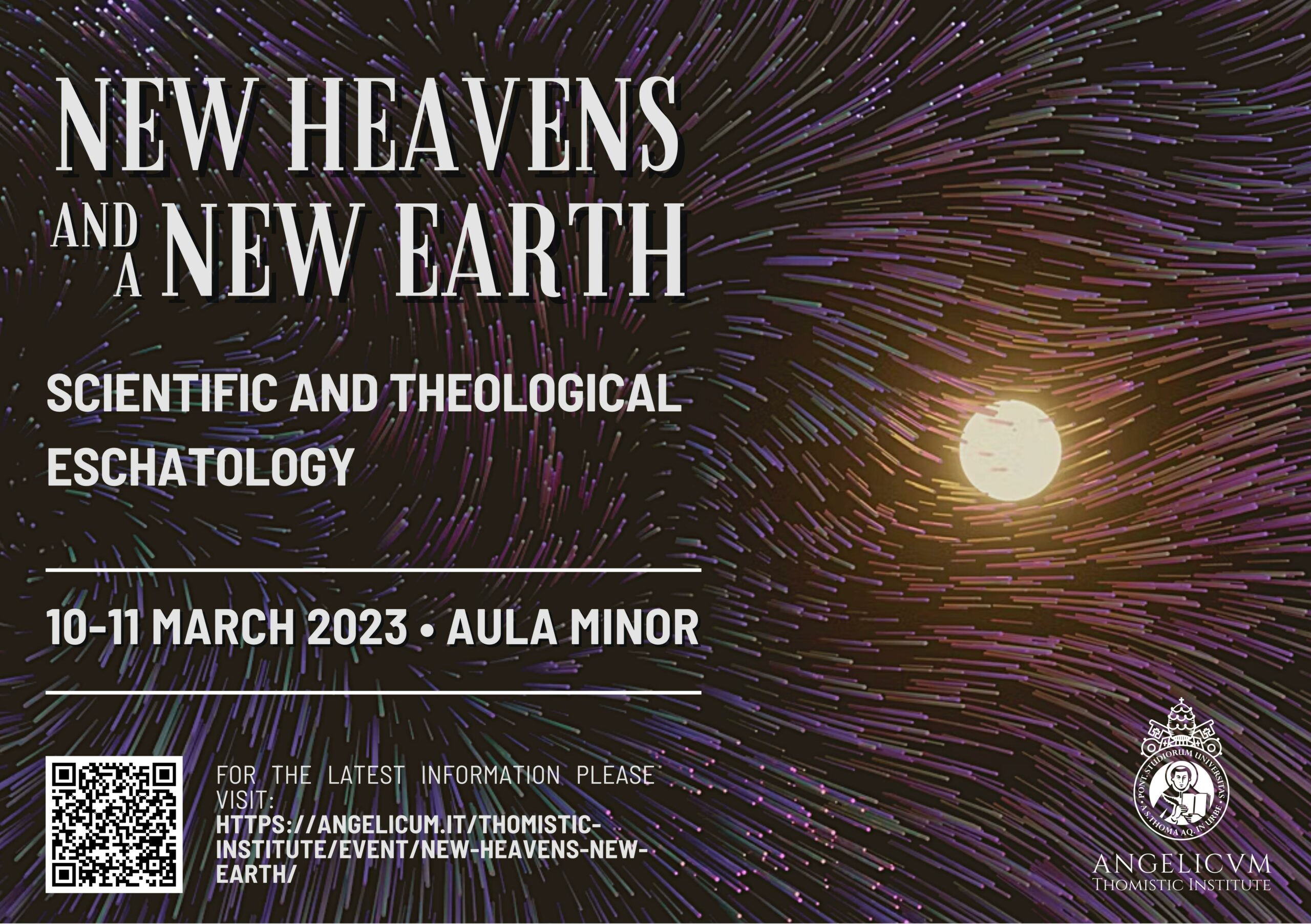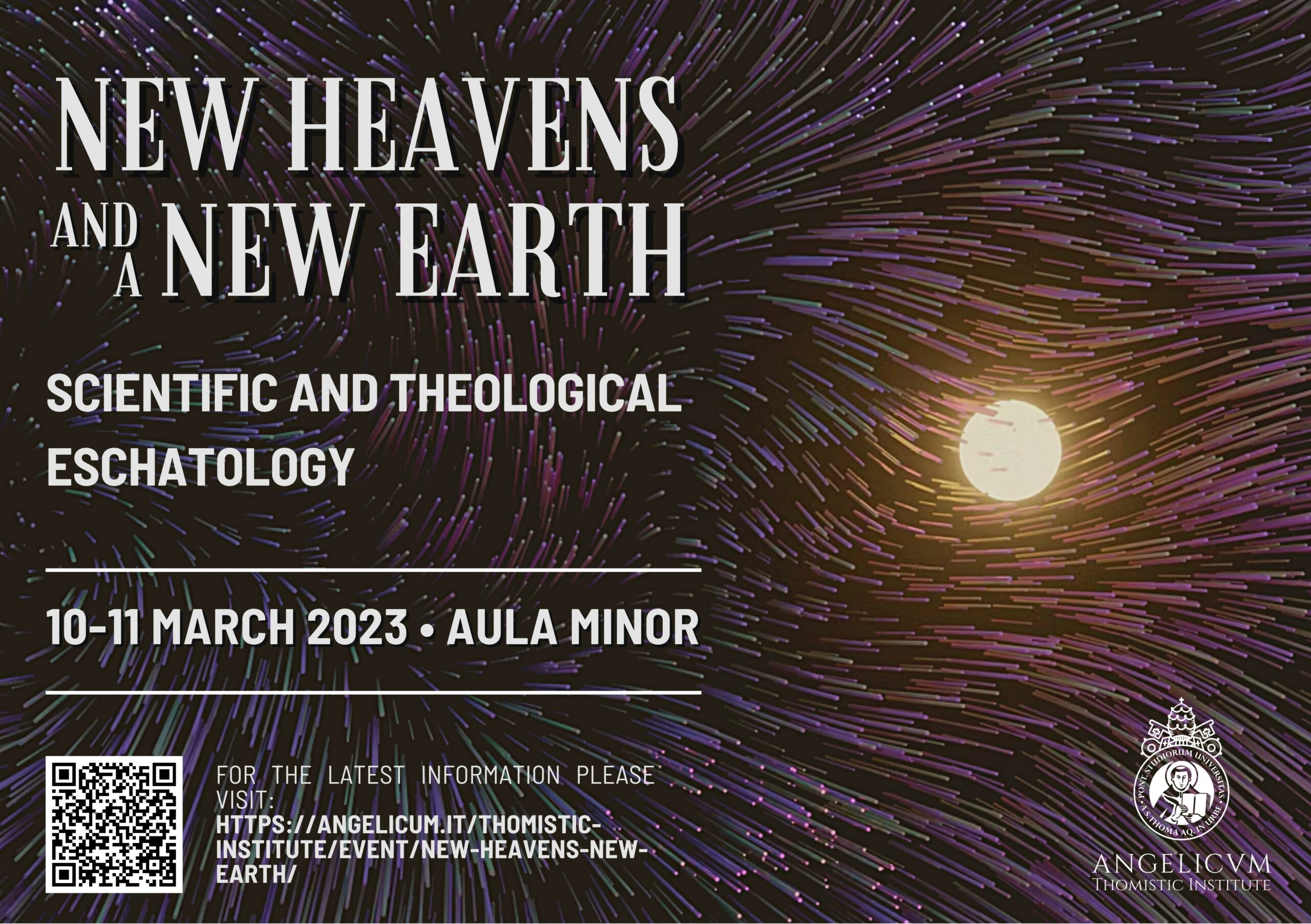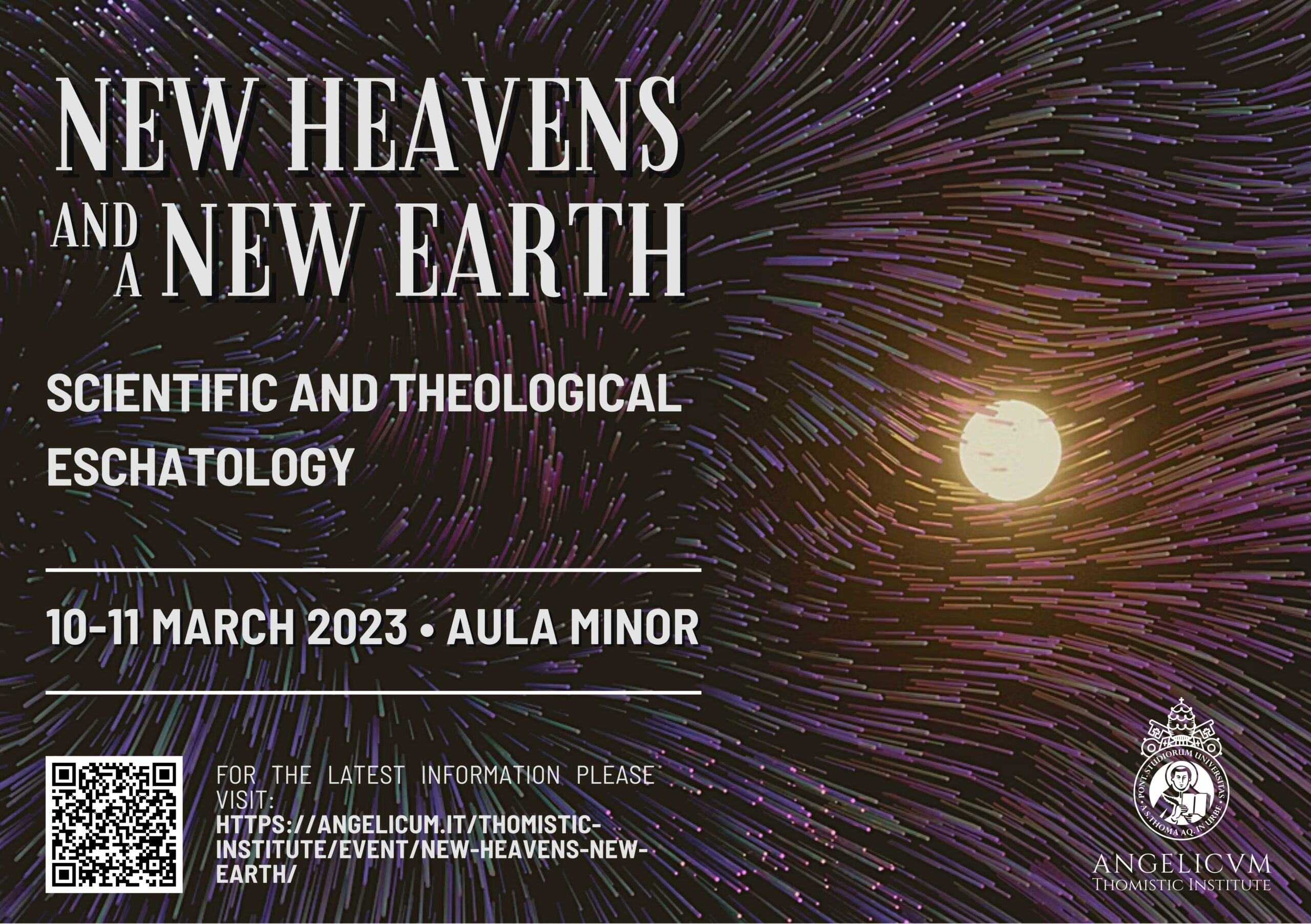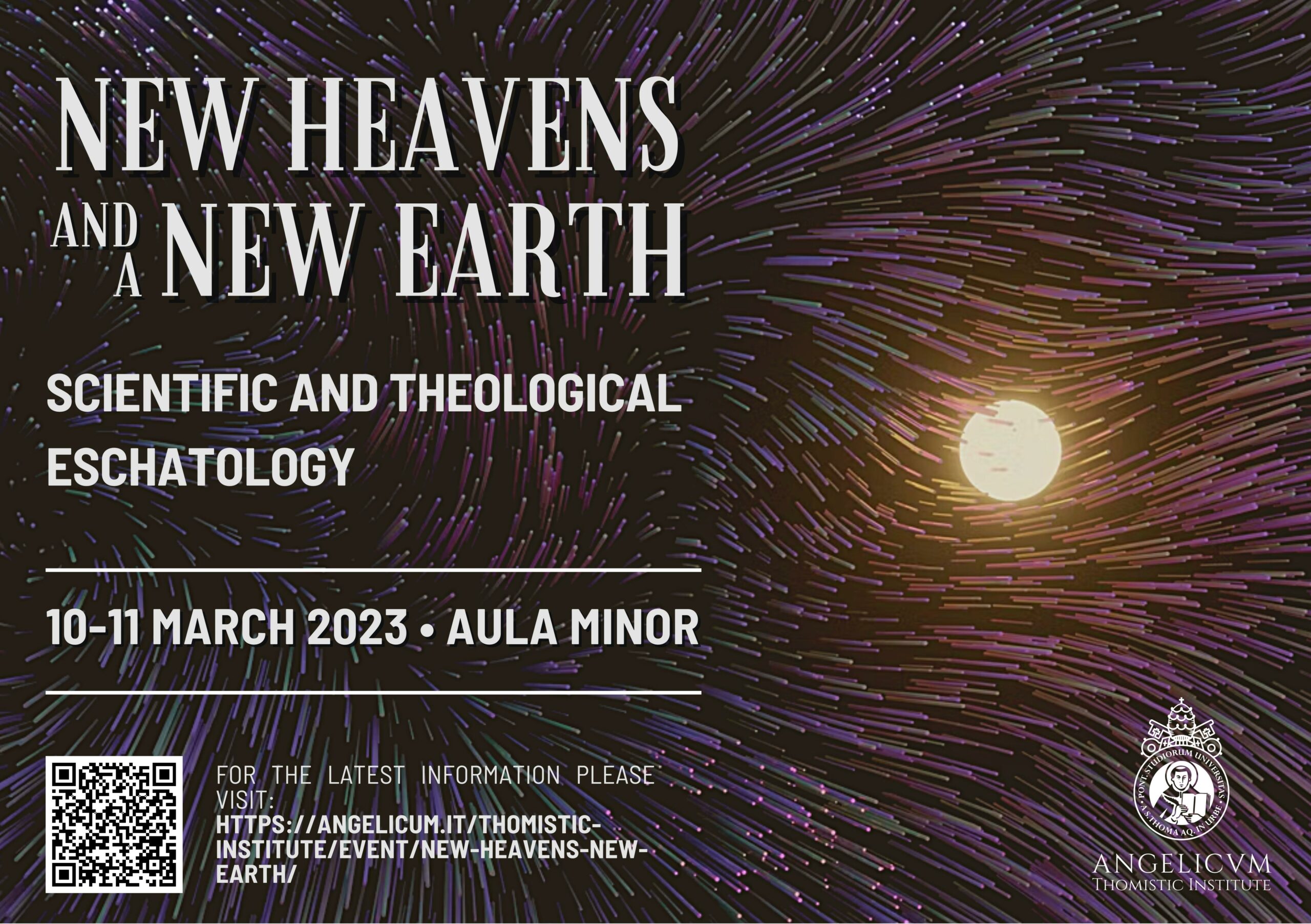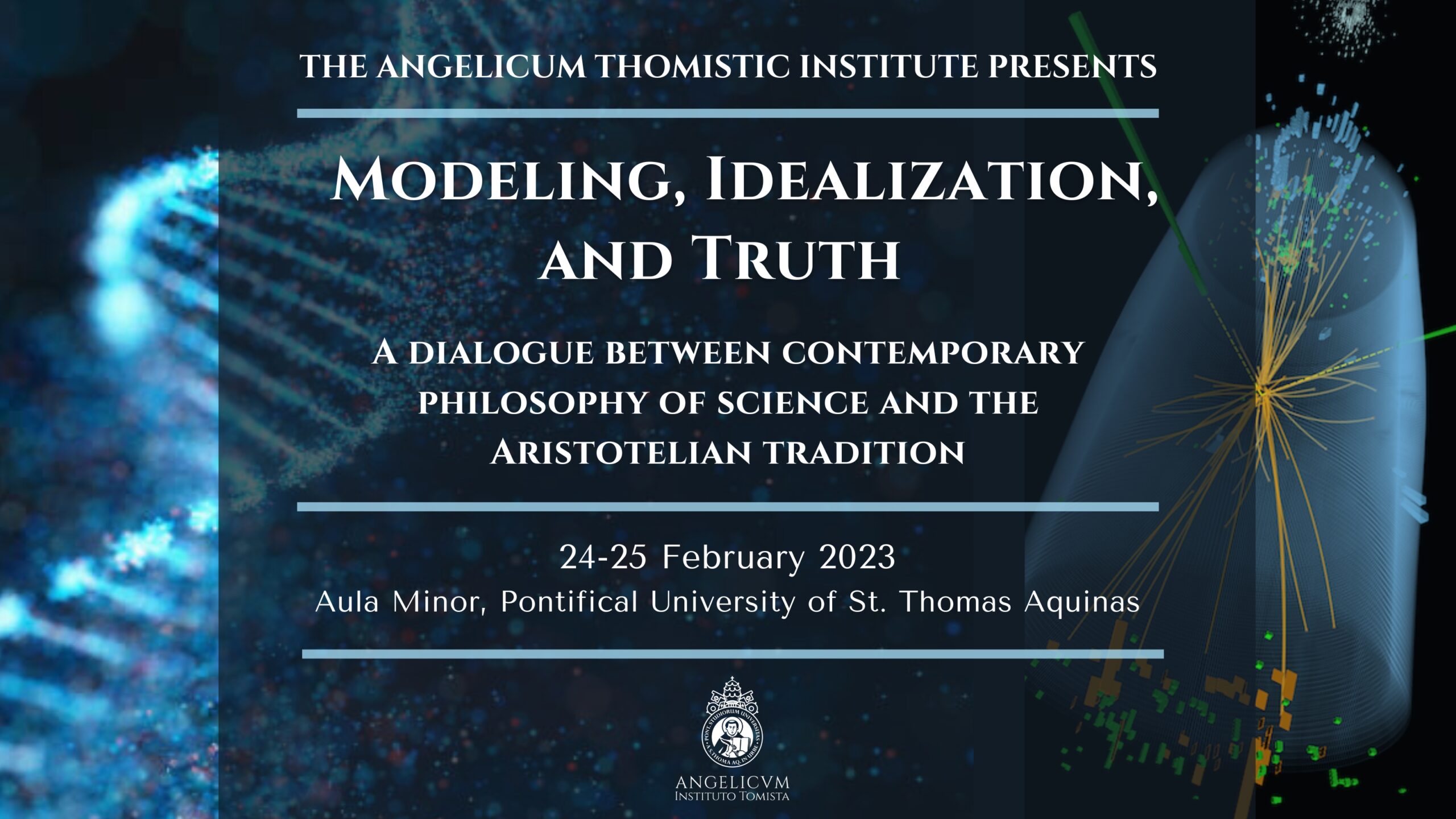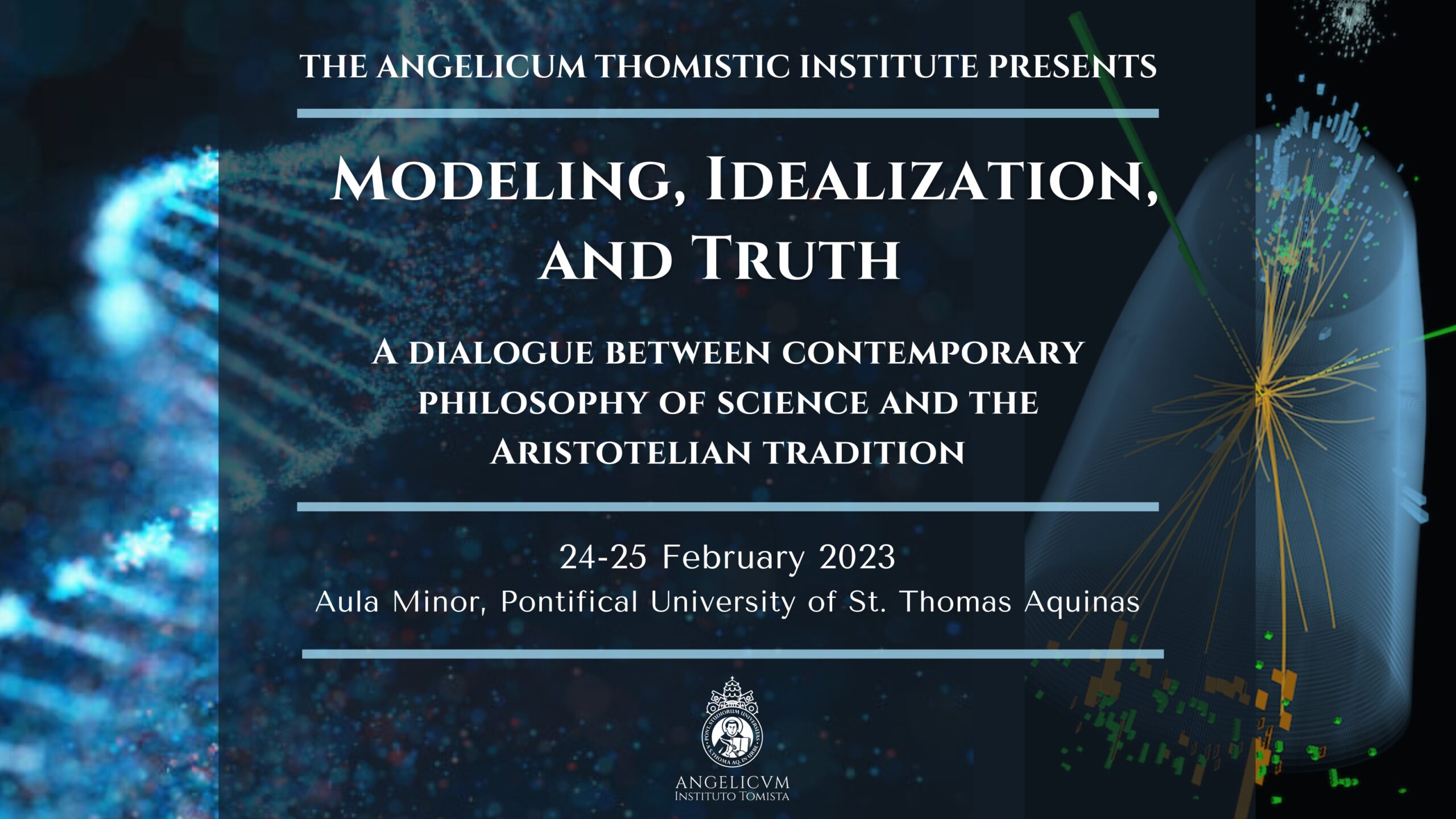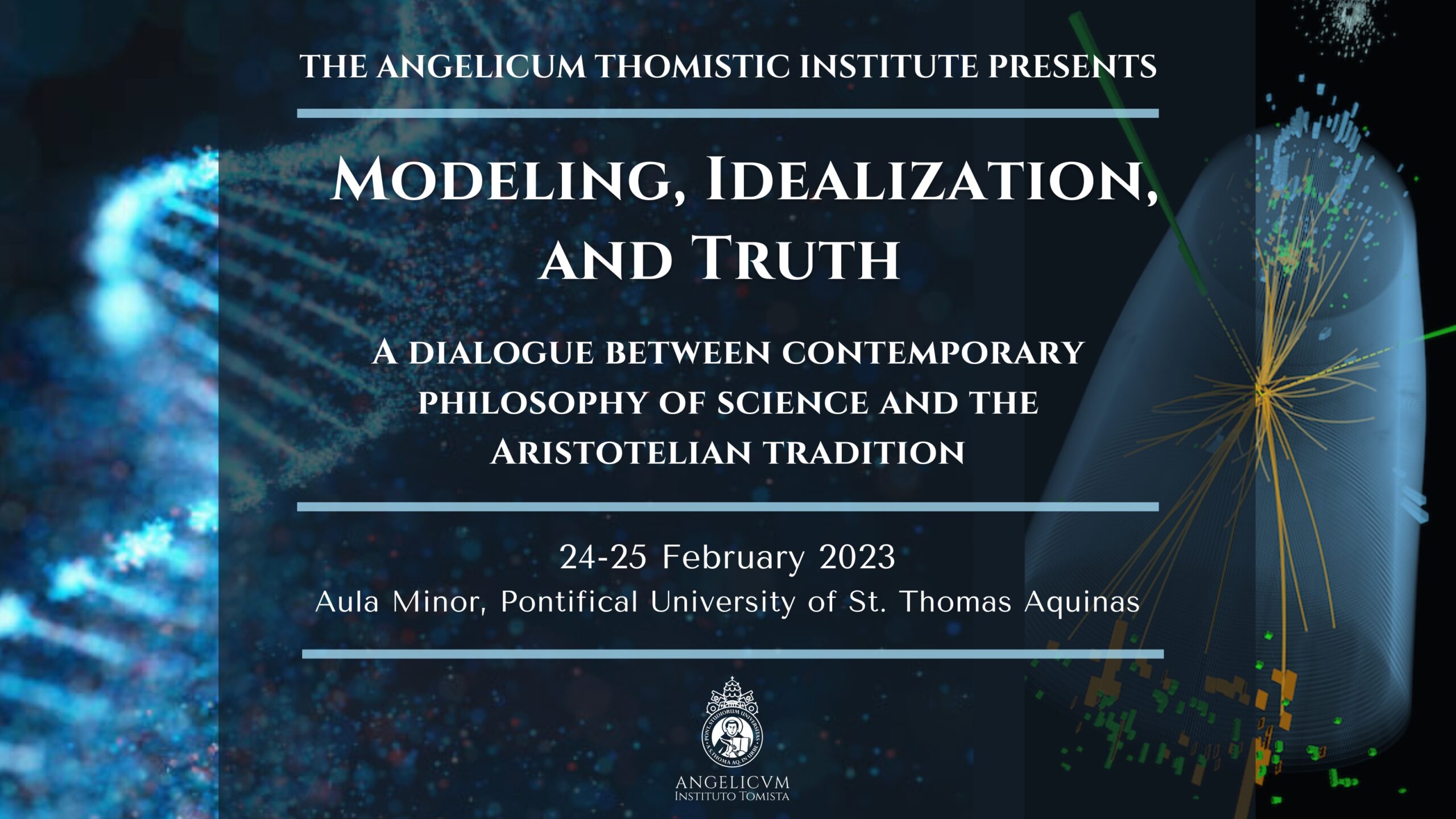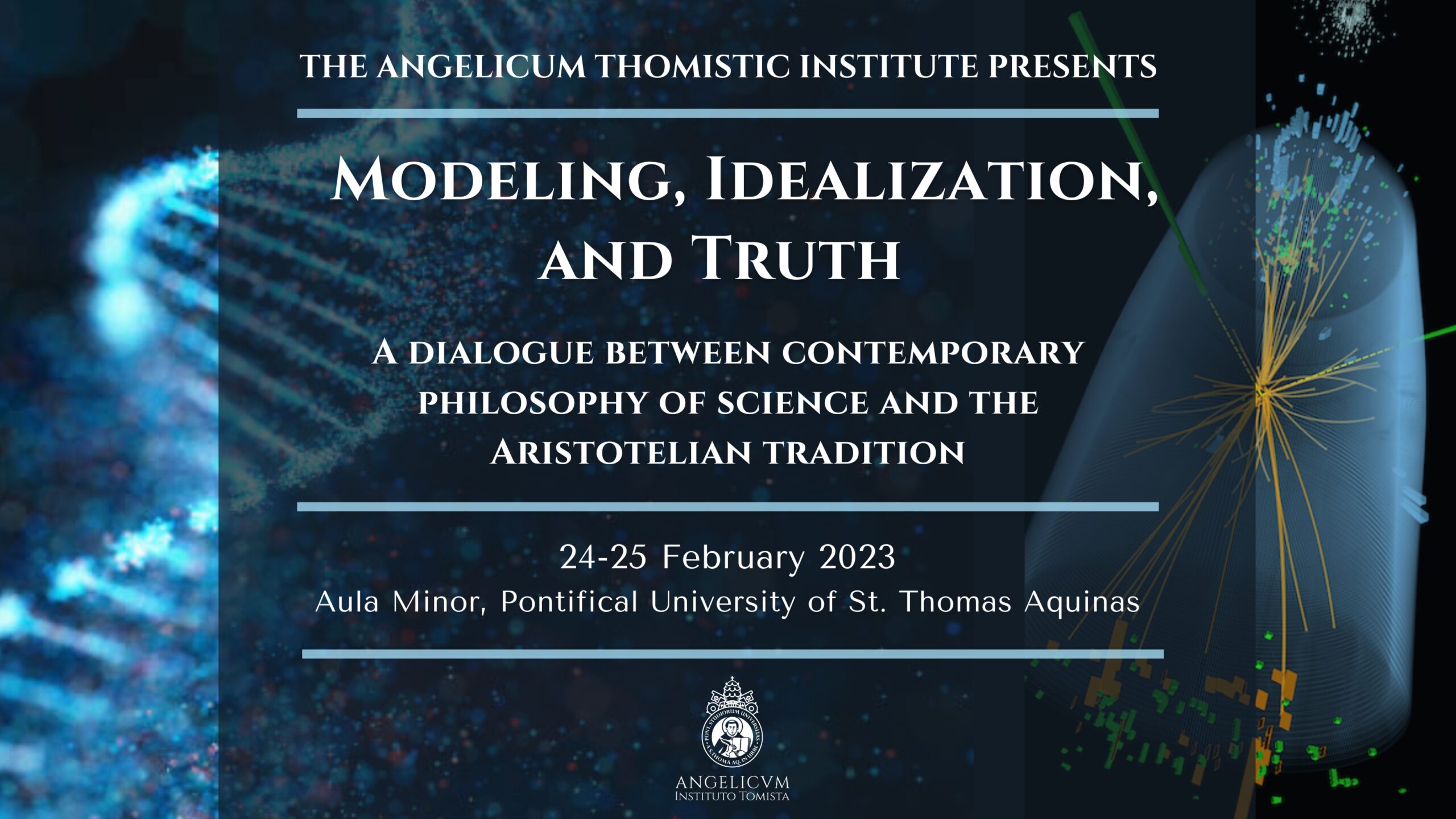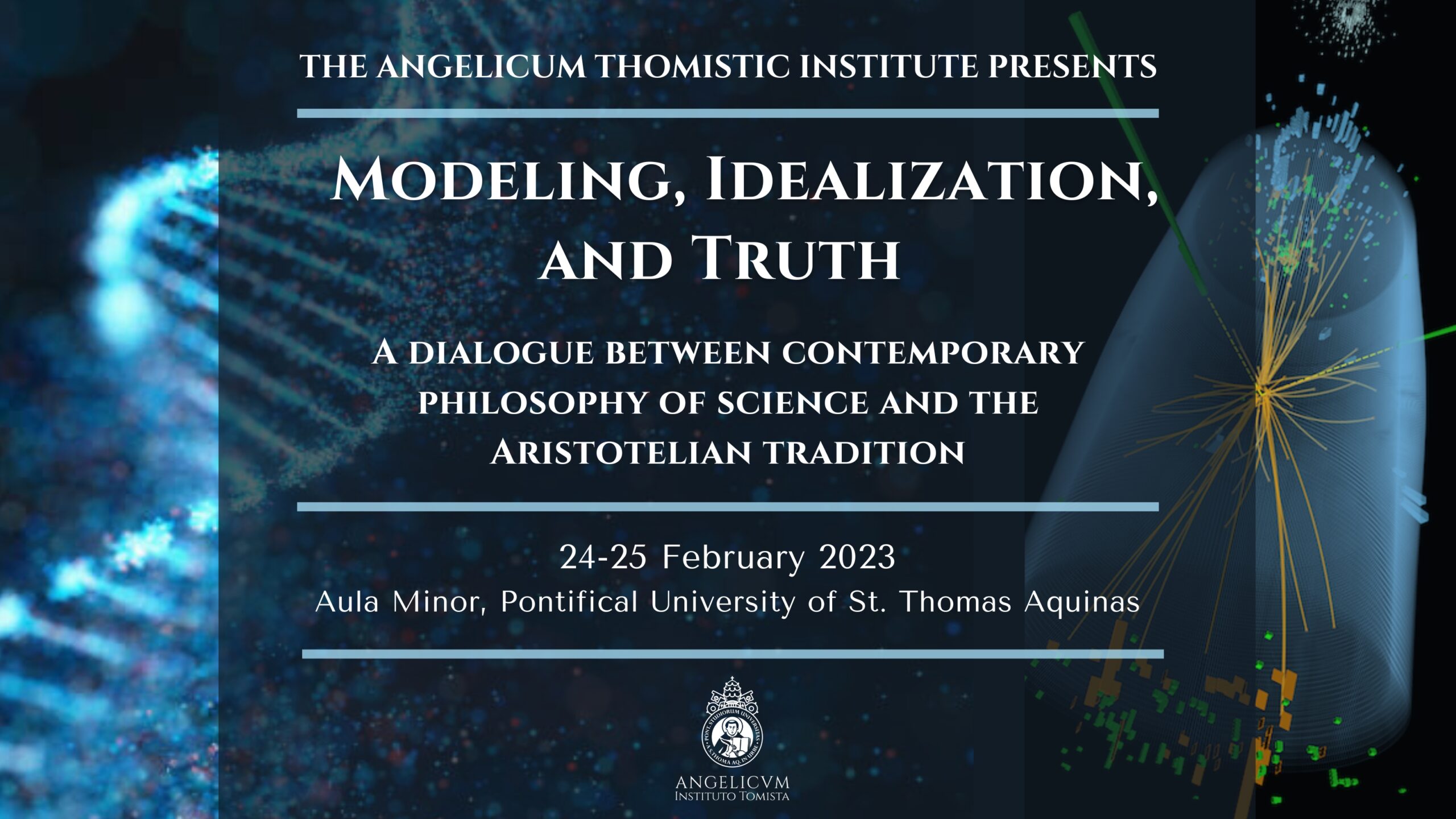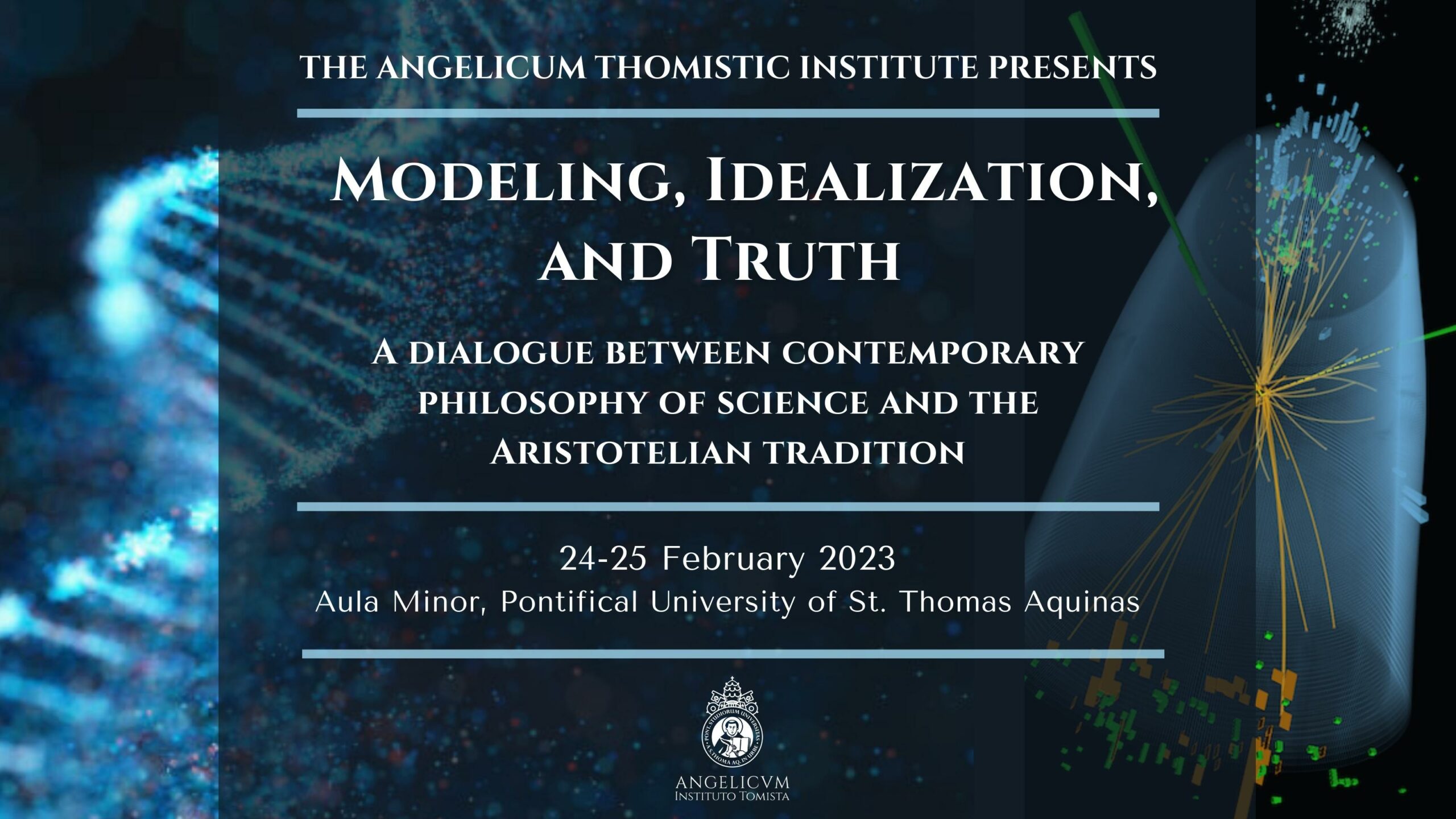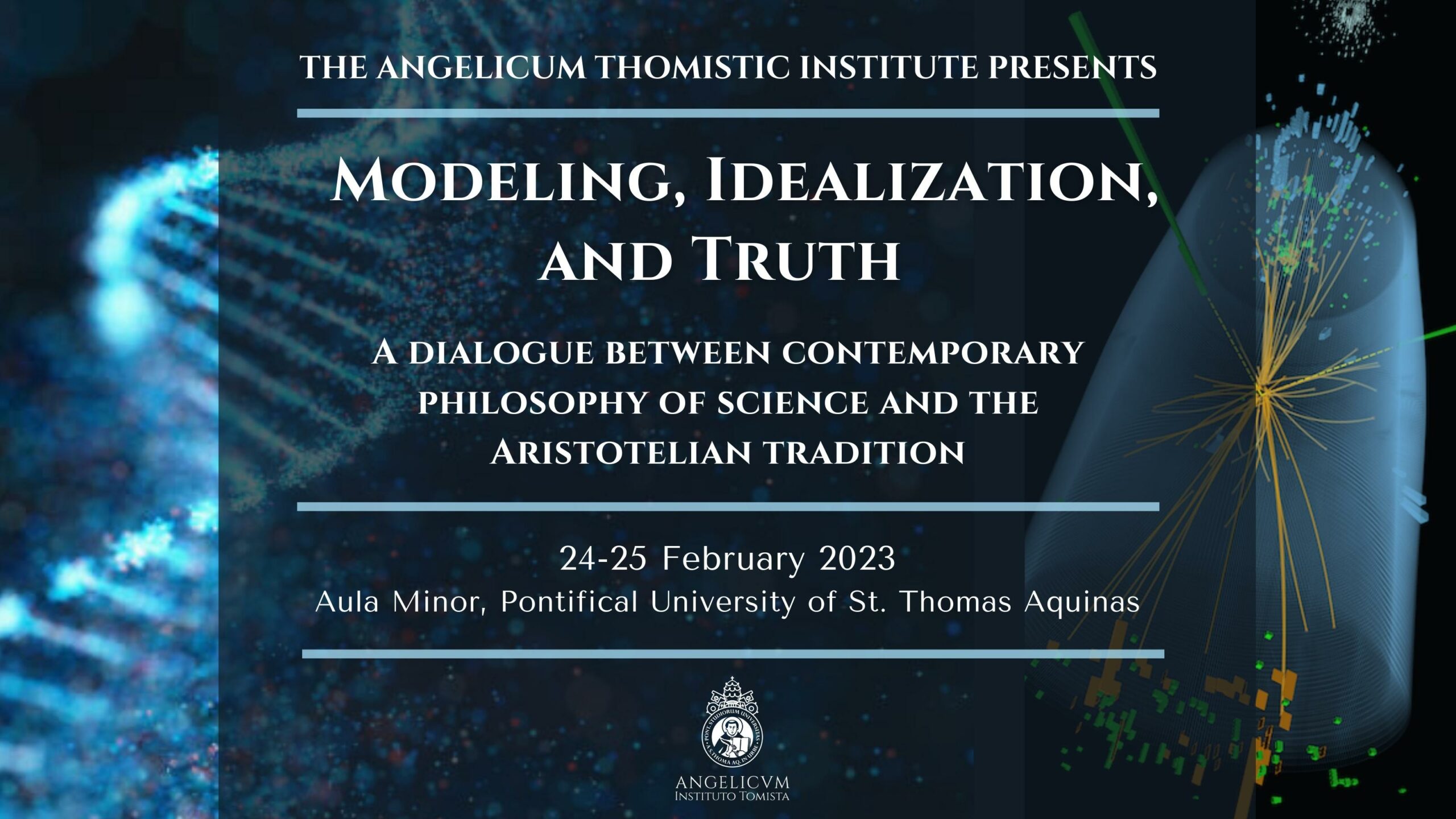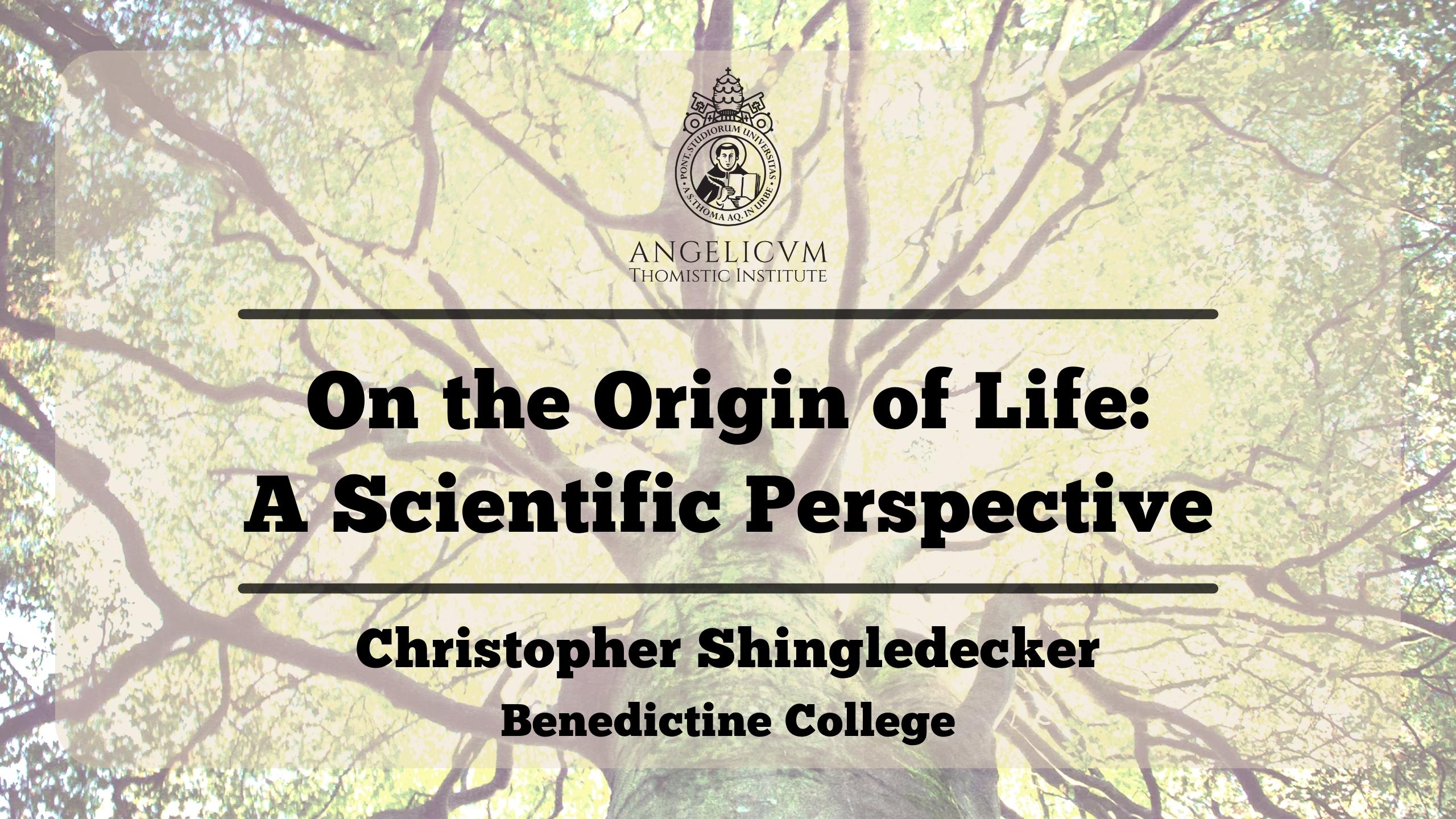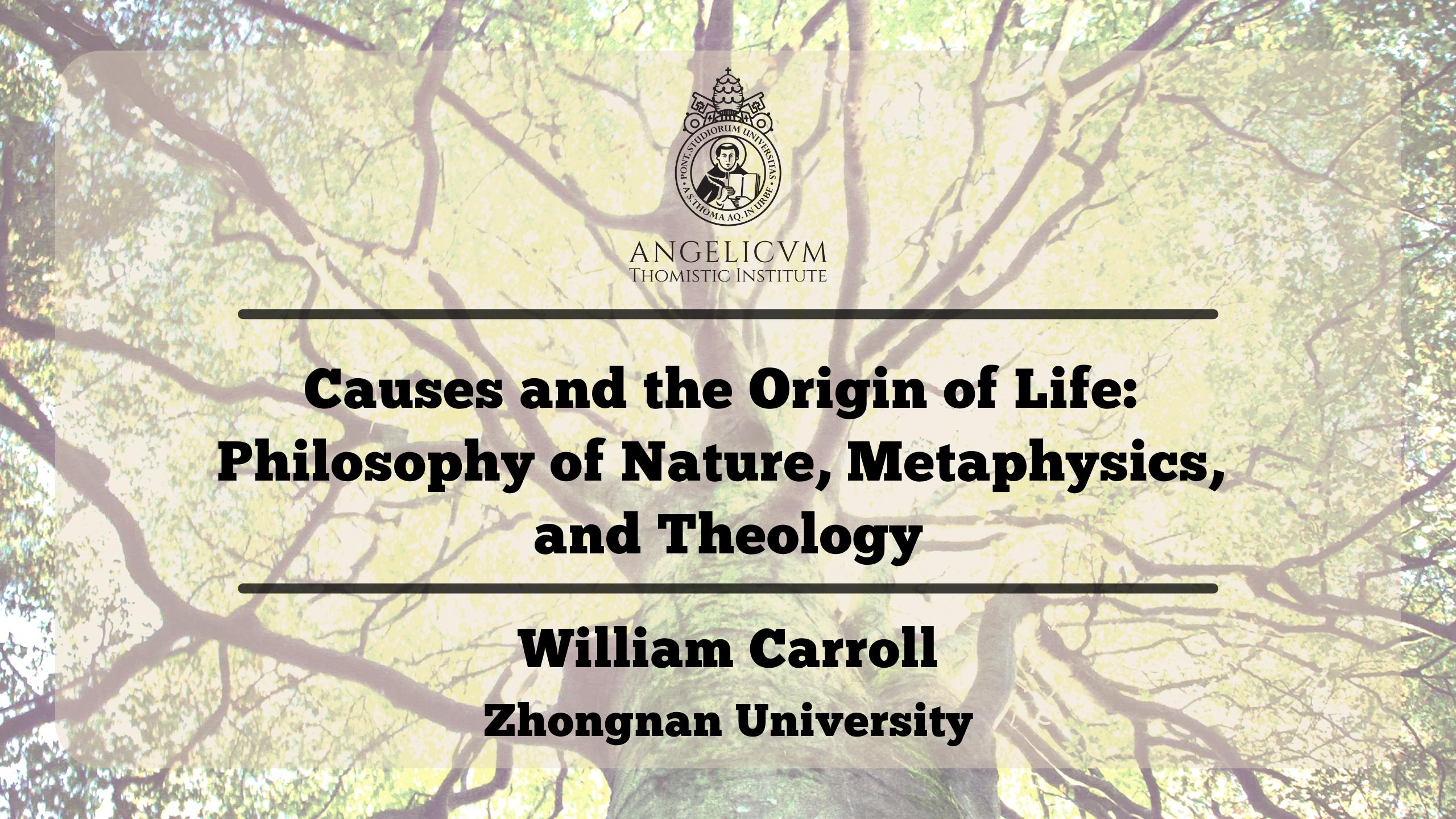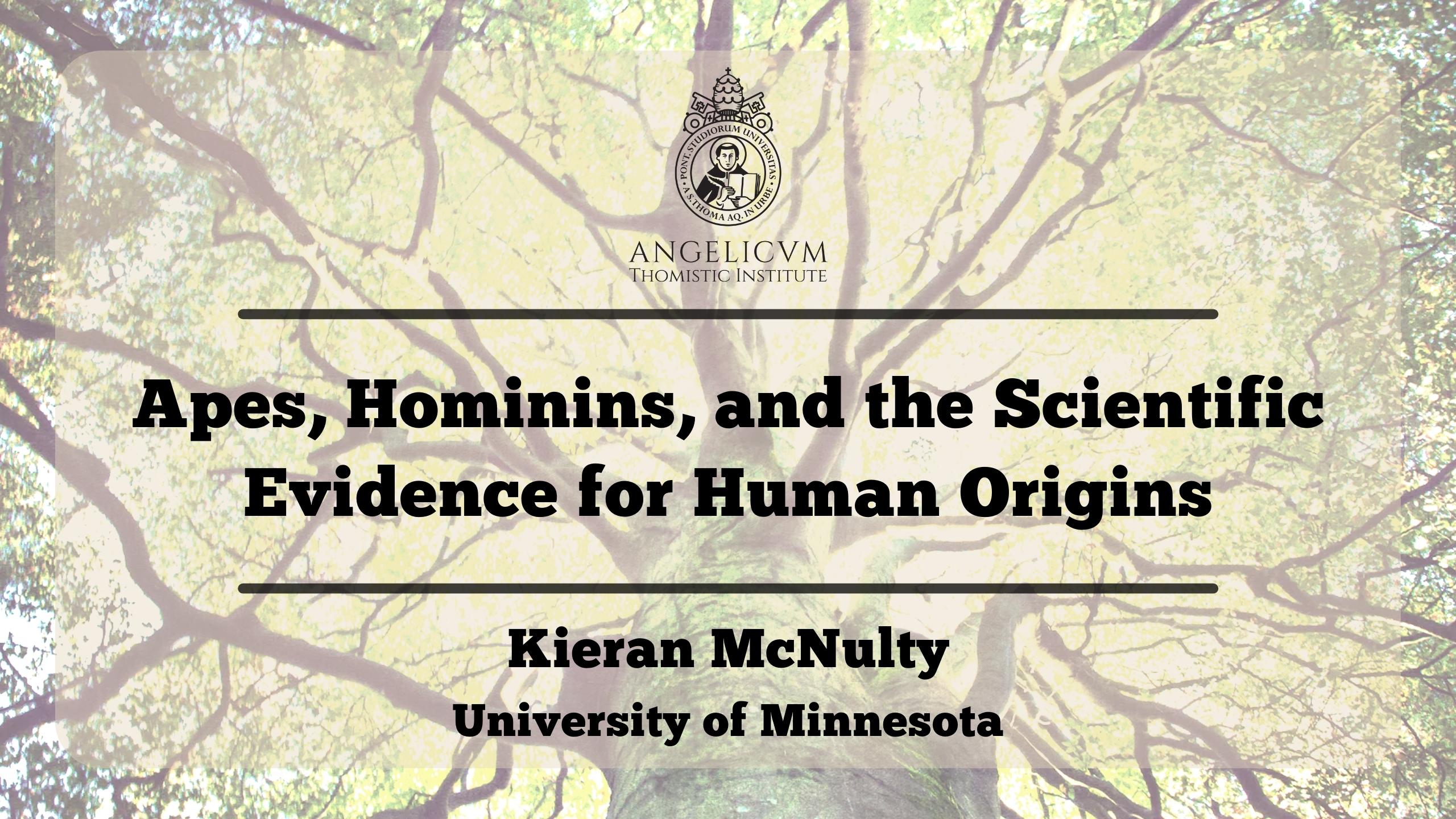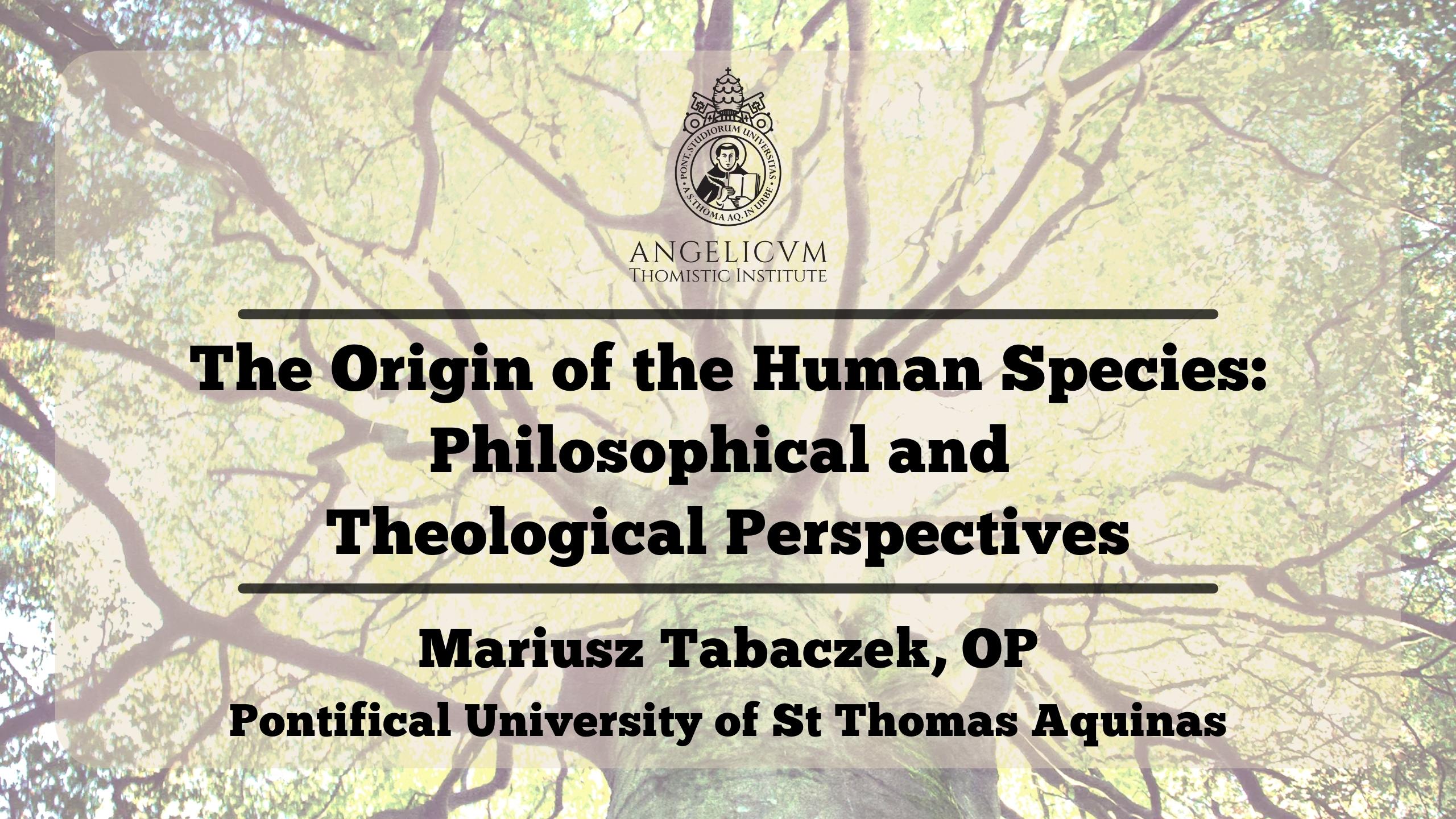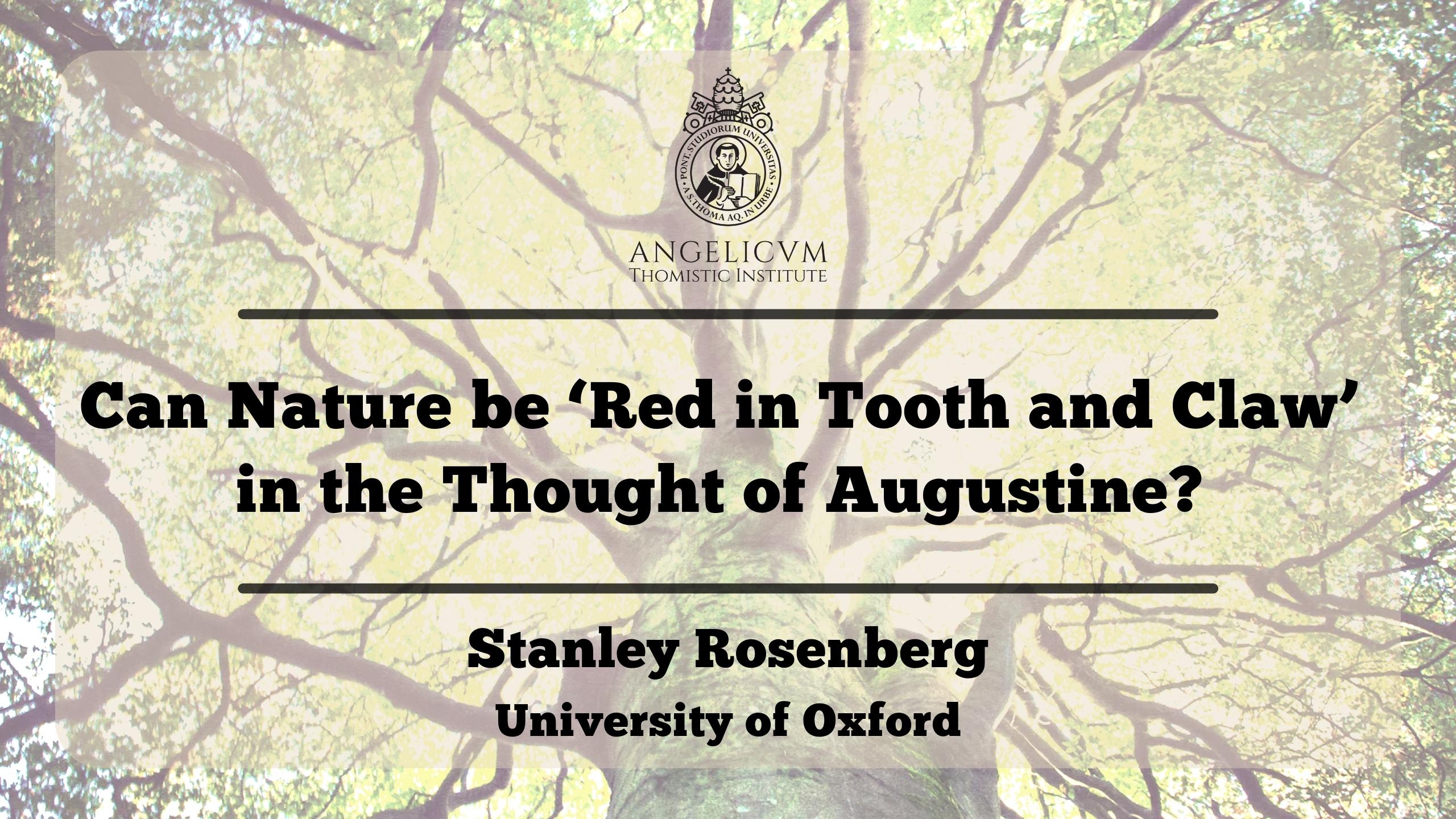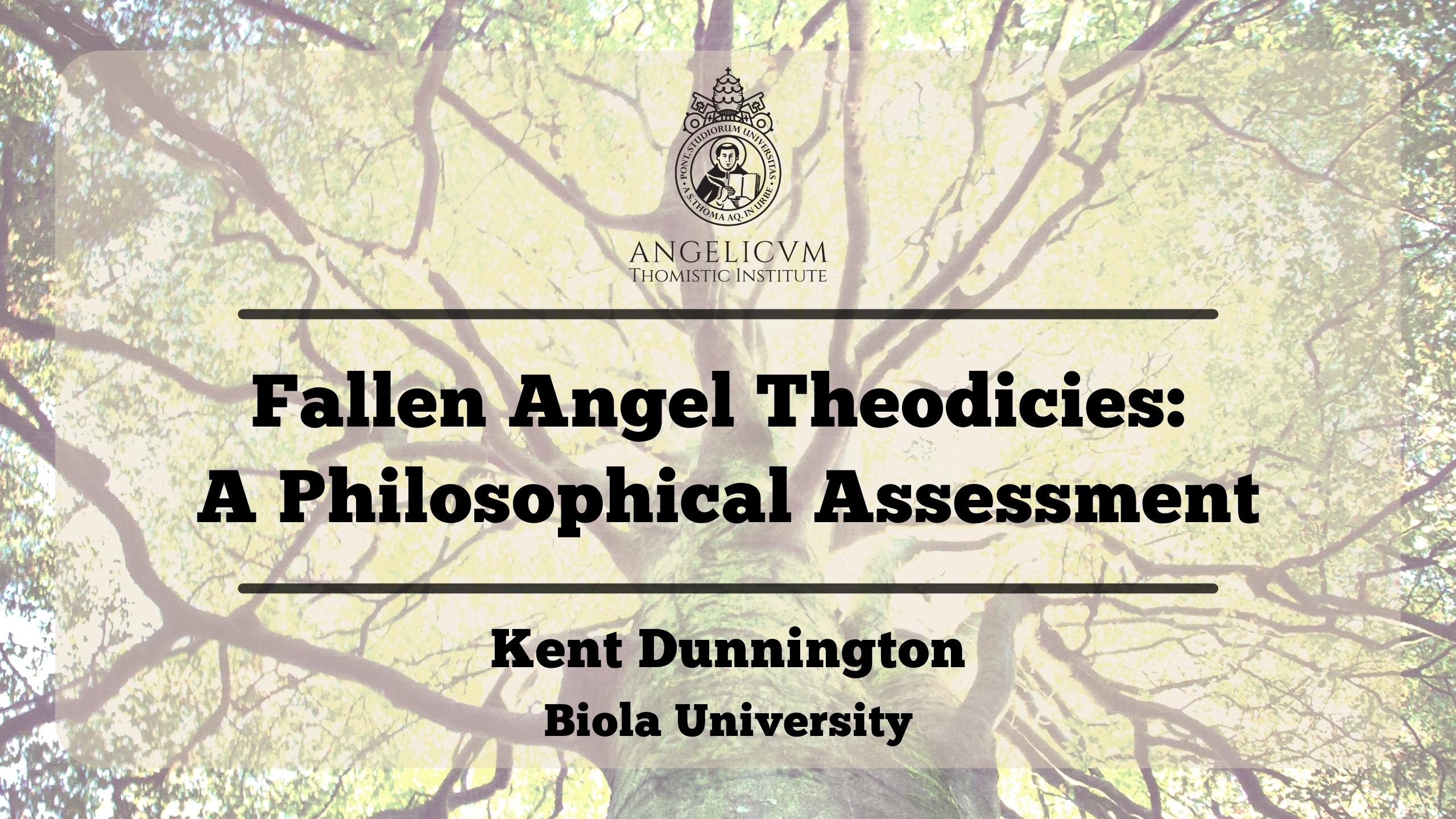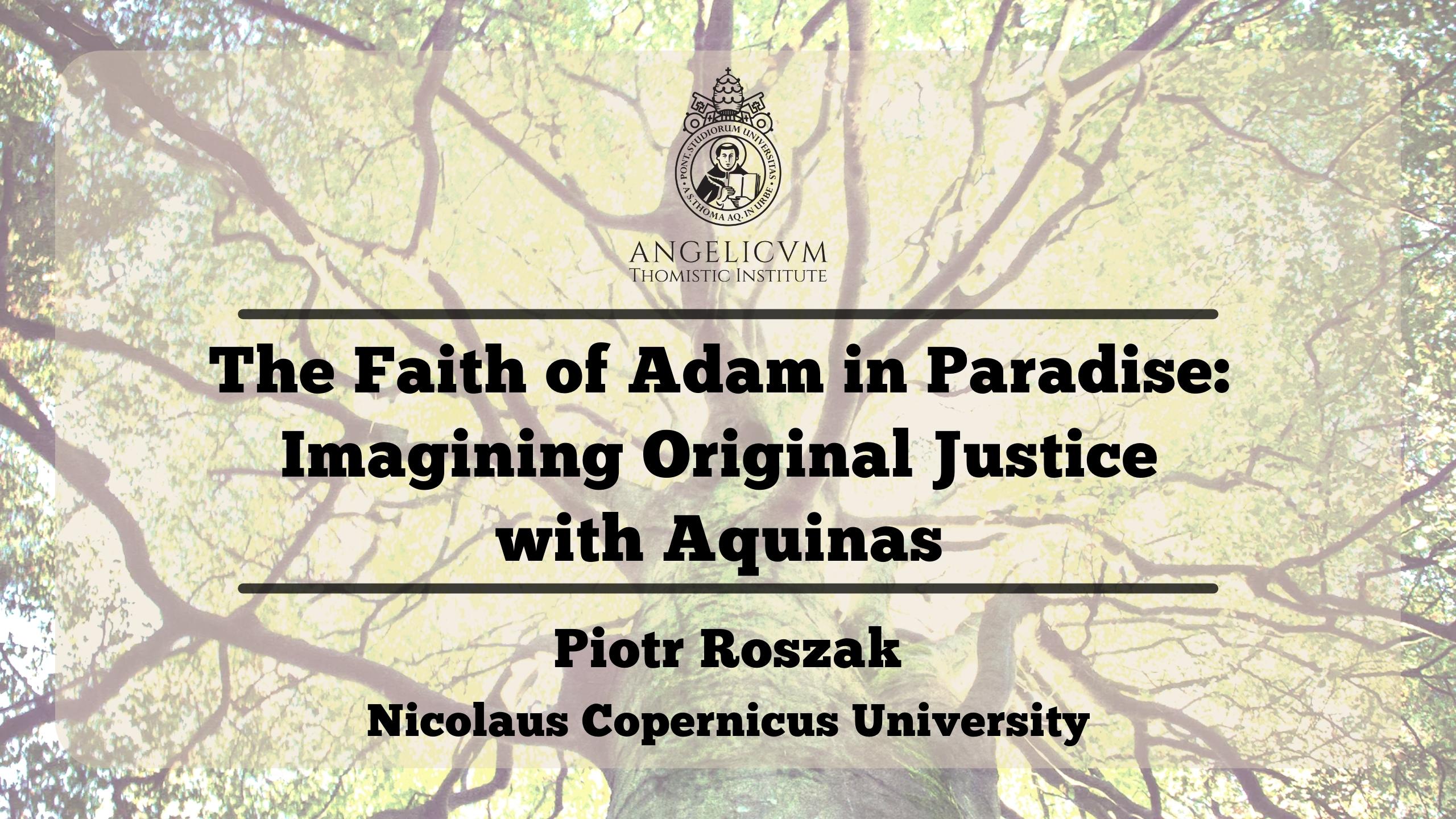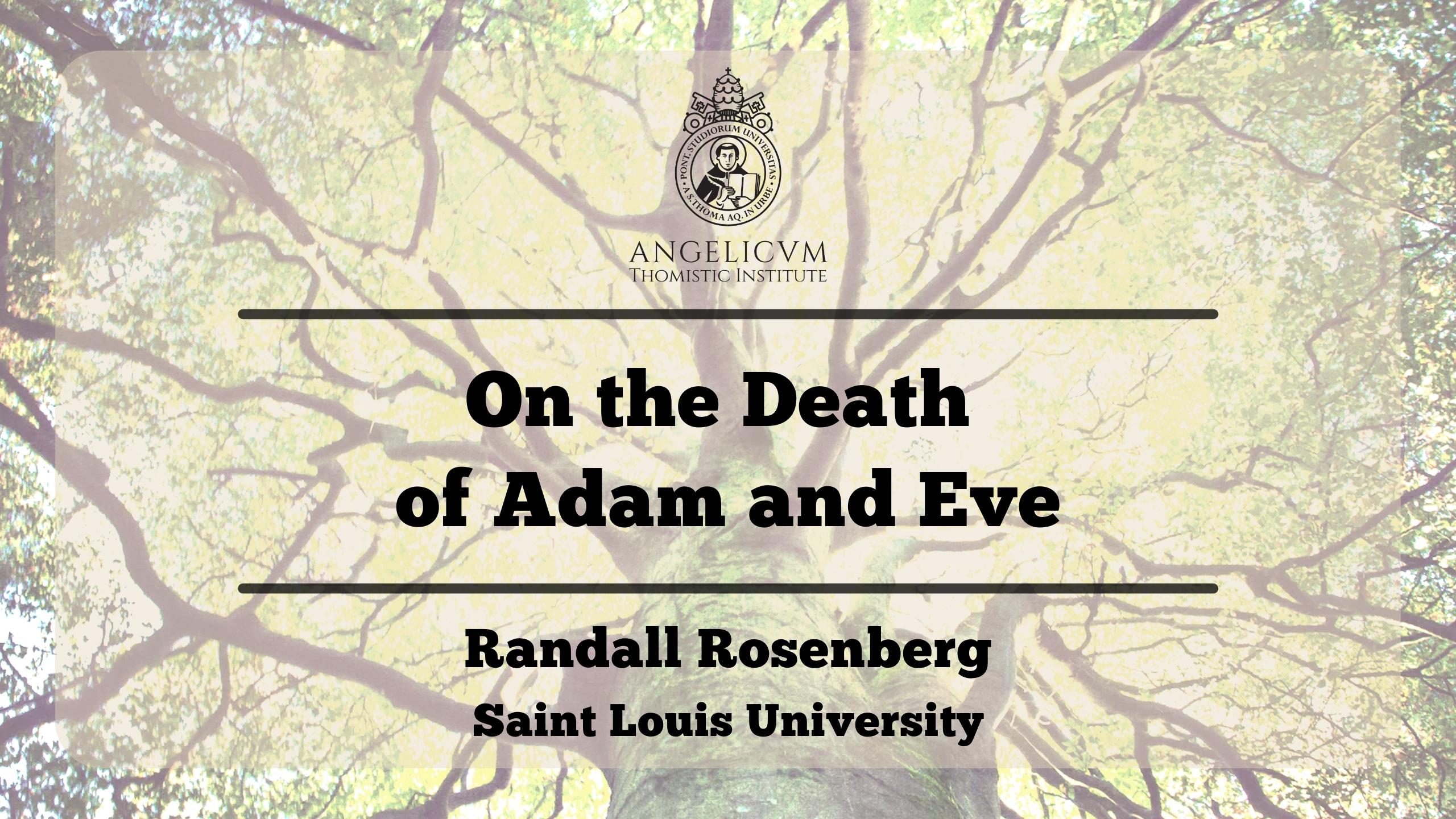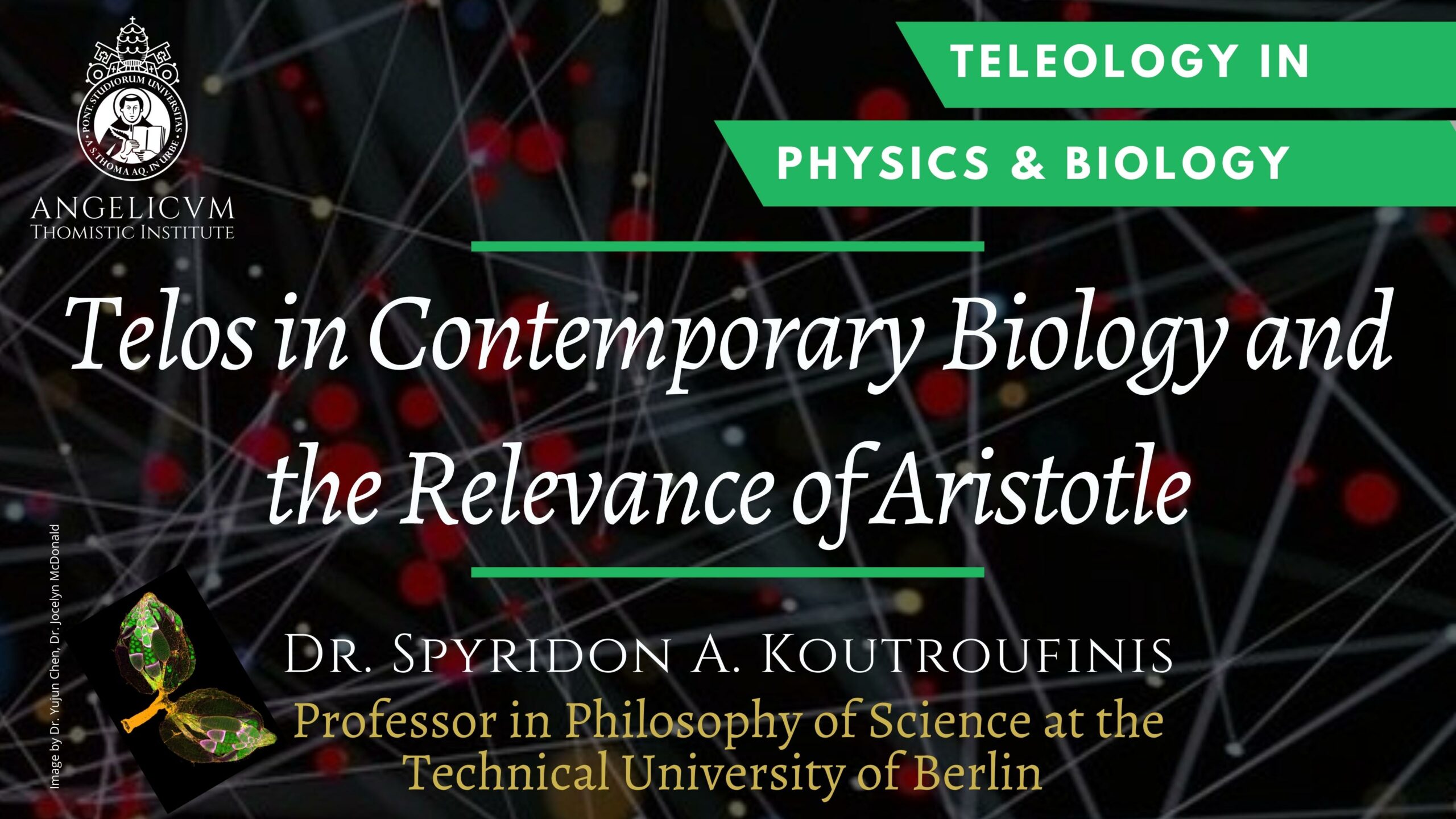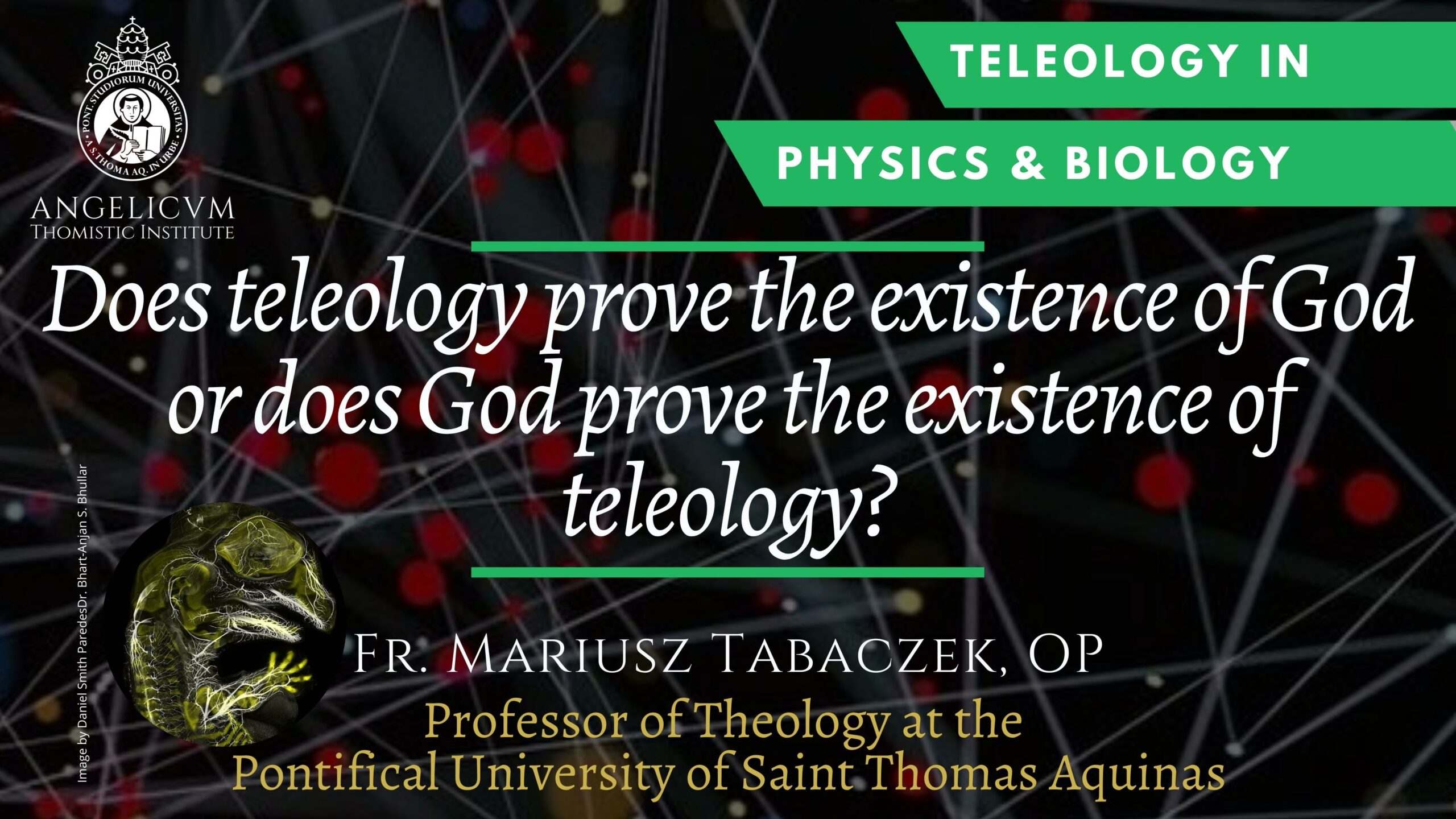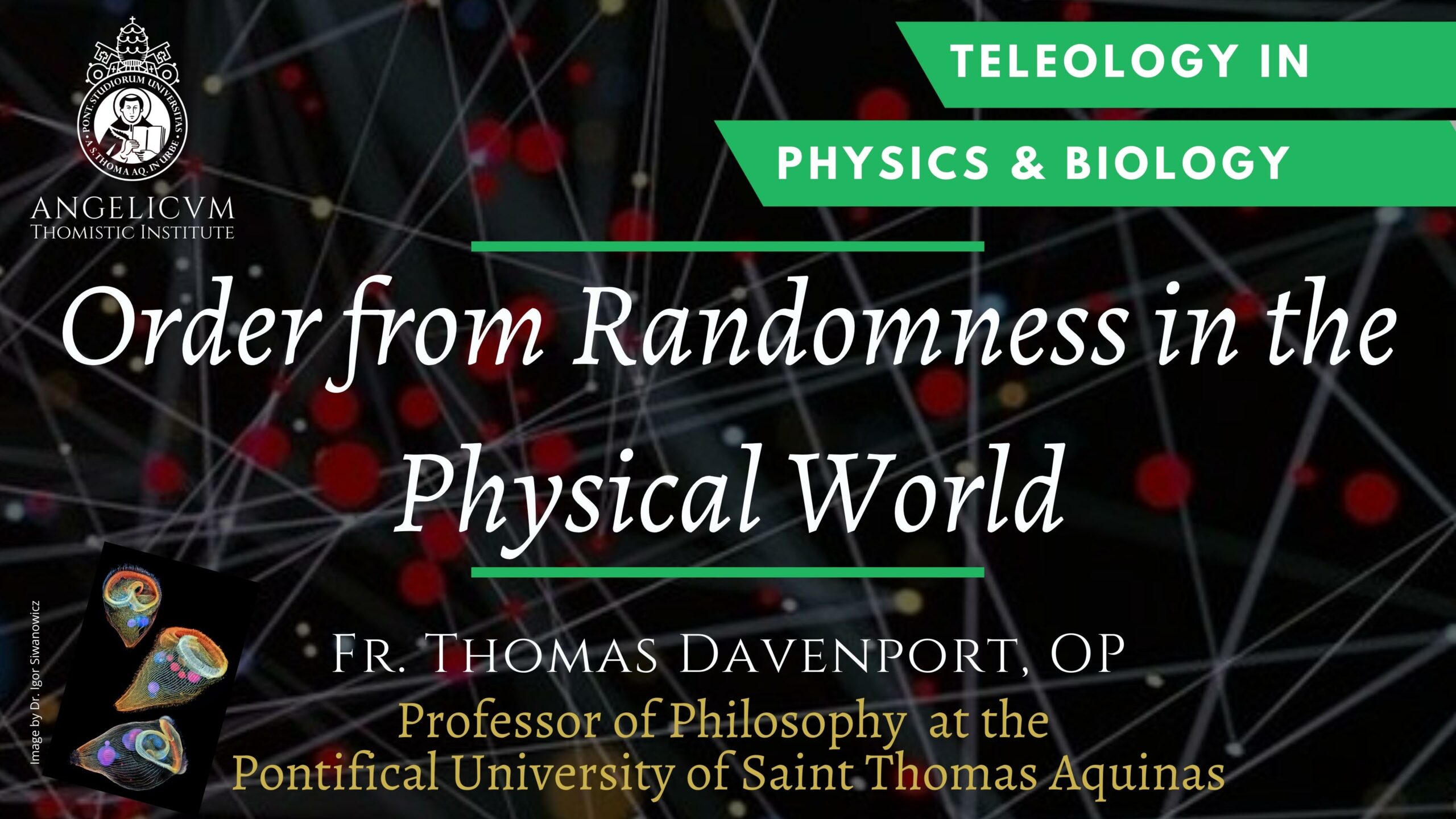Upcoming Conferences
Watch Previous Conferences
Miracles: Scientific, Philosophical, and Theological Perspectives
Miracles, the Point of View of a Medical Researcher Dr. Roberto Cauda Università Cattolica del Sacro Cuore – MilanoUniversità Campus Bio-Medico – Roma
Stanley Jaki’s Study of the Miracle of the Sun Bernardo Motta Portugal
Does Nature Need Miracles? Mariusz Tabaczek, OP Pontifical University of Saint Thomas Aquinas
Miracles, Powers, and Laws of Nature: Philosophical Explorations Simon Maria Kopf International Theological Institute
The Rationality of Believing in Miracles Daniel Bonevac University of Texas at Austin
Aquinas and the Metaphysics of Working a Miracle Ignacio Silva Universidad Austral
“For I am the Lord, Your Healer” Ex 15.26: Human Flourishing and the Enigma of Biblical Miracles Justin Schembri, OP Pontifical University of Saint Thomas Aquinas
New Heavens and A New Earth: Scientific and Theological Eschatology
Immortal Diamonds: Contemporary Science and the Problem of Incorruptibility Thomas Davenport, OP Pontifical University of St. Thomas Aquinas The Scriptures, the Fathers of the Church, and later theological speculation give us various images of what the New Heavens and New Earth will be like. Whatever the details, they all portray an eternal and incorruptible paradise. … Read more
Doctrine of the Resurrection of the Body and the New Heavens and New Earth Paul O’Callaghan Pontifical University of the Holy Cross Professor of theological anthropology at Ponricical University of the Holy Cross The eschatological doctrines of final resurrection and cosmic transformation have traditionally been dealt with in a theological and philosophical way. This has … Read more
The State of Contemporary Eschatology and Its Relation to Secular Wisdom Michael Root Catholic University of America Contemporary discussions of eschatology—Catholic, Protestant, and Orthodox—tend to be fragmented linguistically, culturally, and in terms of interest. To a degree, this fragmentation reflects the general state of contemporary theology, but the wide range of specific questions that arise … Read more
The End of the Endless Motion: Thomas Aquinas, Celestial Bodies, and the Renewal of the World Dominic Holtz, OP Pontifical University of St. Thomas Aquinas Vice-Dean of the Faculty of Philosophy at the Pontifical University of St. Thomas Aquinas Thomas Aquinas was committed both to the claim that celestial bodies were both unchanging in their … Read more
The Universe as Described by the Standard Model of Cosmology: From the Big-Bang to the End of the Universe Gabriele Gionti, SJ Specola Vaticana and INFN This seminar aims to introduce and discuss the standard model of cosmology, technically called “ACDM”. We will start introducing the Big-Bang theory and will mention, briefly, the Quantum Gravity … Read more
The Future of the Solar System: A Scientific View Jonathan Lunine Cornell University and Dominican House of Studies The planets of the solar system have undergone complex evolutions determined by their size, composition and positions relative to the Sun. Much of the success of robotic solar system exploration has been in determining these evolutionary trajectories, … Read more
Heliocentrism, A Forbidden Idea? Copernicus, Aristotle, and Early Modern Censorship Nuno Castel-Branco Harvard University Center for Italian Renaissance Studies When Nicolaus Copernicus published the De revolutionibus orbium coelestium (1543), the heliocentric theory did not seem to cause serious problems. Copernicus dedicated his work to the Pope and even wrote that there was a bishop and … Read more
A New-Old Heaven and Earth: St. Thomas, Kepler, and the Scientific Reception of Copernicus Christopher Graney Vatican Observatory Nicolaus Copernicus proposed that the Earth revolves around the sun. What did this mean to astronomers of the sixteenth and seventeenth centuries? What did observations of the heavens and the Earth reveal regarding the nature of the … Read more
Modeling, Idealization, and Truth: A Dialogue Between Contemporary Philosophy of Science and the Aristotelian Tradition
Aristotelian Causal Modeling of Life in the Context of Contemporary Reflection on the Roles of Models in Biology Mariusz Tabaczek, O.P Pontifical University of St. Thomas Aquinas (Angelicum) Aristotelian realism was not naive realism. Aiming for perfect knowledge, i.e., Gr. episteme (Lat. sciencia), which comes from demonstration of the reason fact (Gr. dioti; Lat. propter quid), he was aware of … Read more
Uses and abuses of models in the life sciences: How can life scientists develop better models and theories? Santiago Schnell University of Notre Dame Biology is complex. As a result of this complexity, life scientists use models to understand biological processes and challenge their ideas or hypotheses. Life scientists confront their ideas with data using … Read more
Bigger Than Life: Aristotle’s Ideal Hero David K. O’Connor University of Notre Dame Professor of Philosophy and Concurrent Professor of Classics at the University of Notre Dame As Aristotle understood dramatic poetry, the tragic hero is an idealization, intensification, and elevation of human agents. This idealization focuses on how action (praxis) constitutes success (eudaimonia) or … Read more
Thomistic Scientific Realism and the modeling of elementary particles Thomas Davenport, OP Pontifical University of St. Thomas Aquinas Aristotelian and Thomistic philosophy are considered a form of “Moderate Realism” on the question of universals, when compared to Platonic Realism and Nominalism. On the surface, they may not seem so moderate with respect to questions around … Read more
Universality Explanations James Nguyen Stockholm University, Sweden Assistant Professor in Theoretical Philosophy It is commonly assumed that in order for a model to explain the occurrence of some phenomenon in the world, the former needs to accurately represent the latter. It is also clear that many such model-based explanations are essentially idealised: the structure of … Read more
Aristotle’s Manifold Models Kevin Flannery, SJ This essay considers what appear to be Aristotle’s contradictory approaches to scientific methodology. In the Posterior analytics, he conceives of genuine science as having its basis in the experience of particular entities which eventually, within particular scientific contexts, gives rise to universals which “come to rest in the soul,” … Read more
Truth, Metaphor, and Representation: Thomistic Reflections John O’Callaghan University of Notre Dame Associate Professor of Philosophy In contemporary discussions of truths and truth, both culturally and more narrowly philosophical, it is commonly thought that the introduction of images, metaphors, and representations raises a difficulty for characterizing as true what we assert about reality. Most often … Read more
The Origin of Life and Nature Before Sin
On the Origin of Life: A Scientific Perspective Christopher Shingledecker Benedictine College Developments in the field of biology in the early 20th century began to reveal that cells, and by extension the bodies of all organisms, are comprised of what are, essentially, molecules – undoubtedly complex ones, though molecules nonetheless. This realization led to a … Read more
Causes and the Origin of Life: Philosophy of Nature, Metaphysics, and Theology William Carroll Zhongnan University For many, there seems to be a strict disjunction: either we seek to explain the origin of life in terms of purely natural processes or we appeal to some kind of divine intervention that bridges the distinction between the … Read more
Apes, Hominins, and the Scientific Evidence for Human Origins Kieran McNulty University of Minnesota The subject of human origins has been a focus of curiosity and imagination since well before Darwin, and very likely since our ancestors first became sapient. This talk will review the current scientific evidence documenting the nature and timing of human … Read more
The Origin of the Human Species: Philosophical and Theological Perspectives Mariusz Tabaczek, OP Pontifical University of St Thomas Aquinas (Angelicum) The encounter of philosophical, theological, and biological views on anthropogenesis inspired the most emotional reactions to evolutionary theory and posed a considerable challenge to systematic and philosophical theology. The history of the conversation between scientific … Read more
Can Nature be ‘Red in Tooth and Claw’ in the Thought of Augustine? Stanley Rosenberg University of Oxford Can a Christian account of evil accept an understanding of nature as ‘red in tooth and claw’ from the outset? At the core of Augustine’s theology, and the theological systems that shape the Augustinian tradition, is an … Read more
Fallen Angel Theodicies: A Philosophical Assessment Kent Dunnington Biola University This talk offers a philosophical assessment of fallen angel theodicies. Fallen angel theodicies are a class of theories that try to explain the existence of some class of evil, typically so-called “natural evil”, by appeal to the sinful and destructive acts of Satan and other … Read more
The Faith of Adam in Paradise. Imagining Original Justice with Aquinas Piotr Roszak Nicolaus Copernicus University The description of paradise in Aquinas’s theology is based on the category of rectitudo, which points to the state of a man living in what is called “original justice” in a realistic, not merely symbolic, way. Due to its … Read more
On the Death of Adam and Eve Randall Rosenberg Saint Louis University In the wake of modern evolutionary biology, it seems difficult to understand biological death as the consequence of human sin, since God seems to have used such death as the means for creating new forms of life. Yet, Christian theology poses a tension. … Read more
Teleology in Physics & Biology
Big Bang Cosmology and Christianity Karin Öberg Harvard University Image by Andrei Savitsky, Courtesy of Nikon Small World.
Teleology, Providence, and Predestination Andrew Pinsent University of Oxford Image by Andrei Savitsky, Courtesy of Nikon Small World.
Telos in Contemporary Biology and the Relevance of Aristotle Spyridon Koutroufinis Technische Universität Berlin Image by Andrei Savitsky, Courtesy of Nikon Small World.
Does teleology prove the existence of God or does God prove the existence of teleology? Mariusz Tabaczek, OP Pontifical University of Saint Thomas Aquinas (Angelicum) Image by Andrei Savitsky, Courtesy of Nikon Small World.
Order from Randomness in the Physical World Thomas Davenport, OP Pontifical University of Saint Thomas Aquinas (Angelicum) Image by Andrei Savitsky, Courtesy of Nikon Small World.

